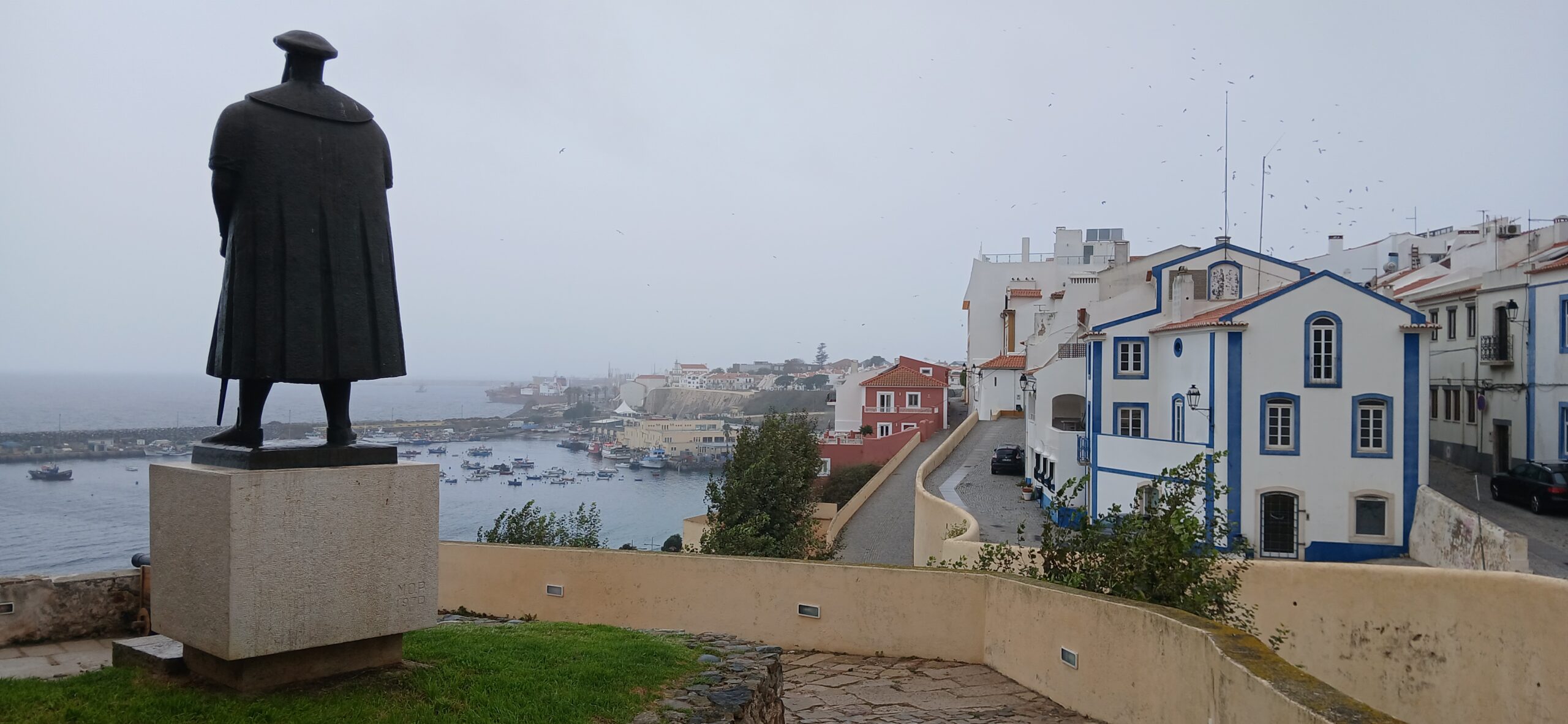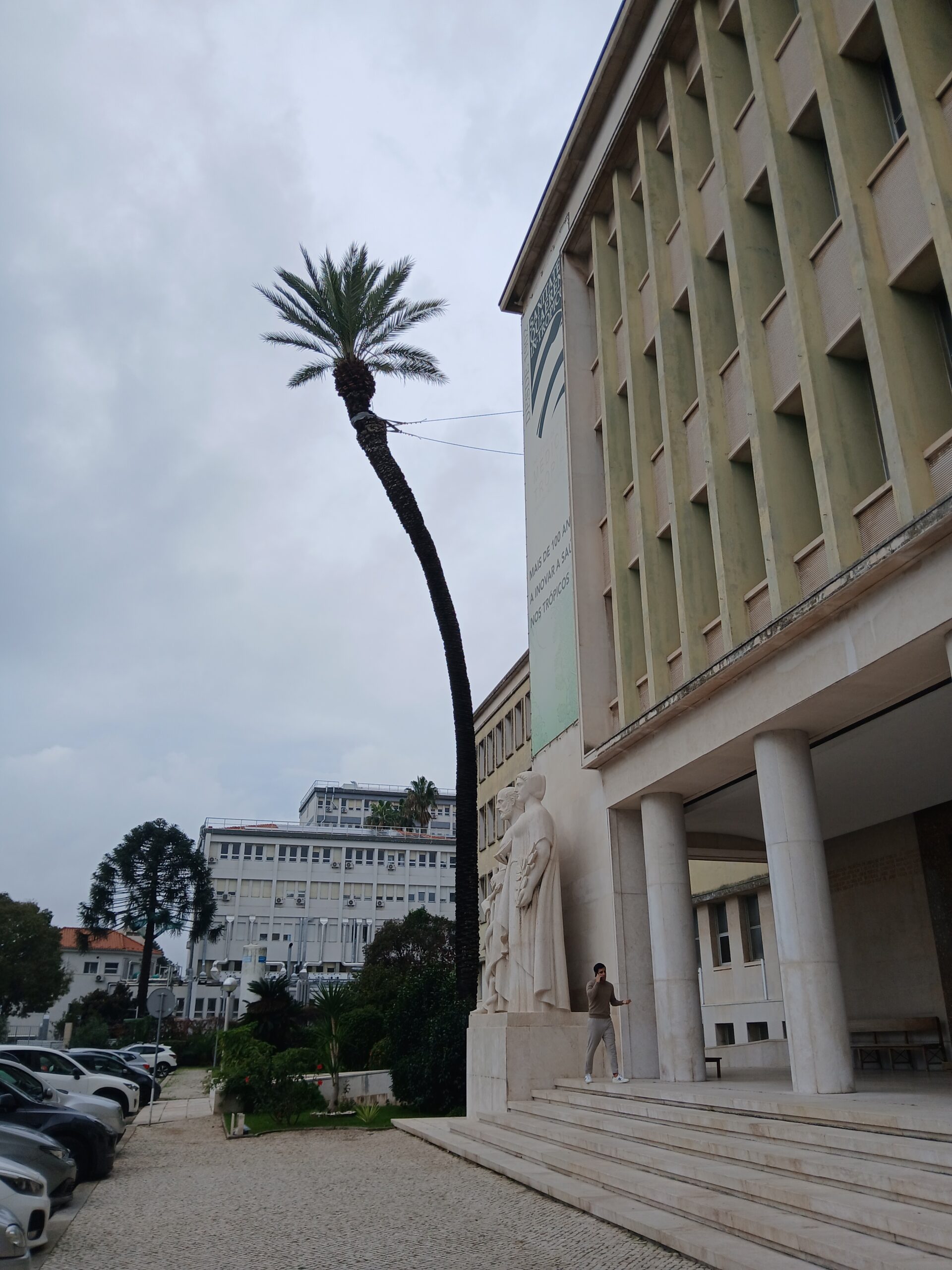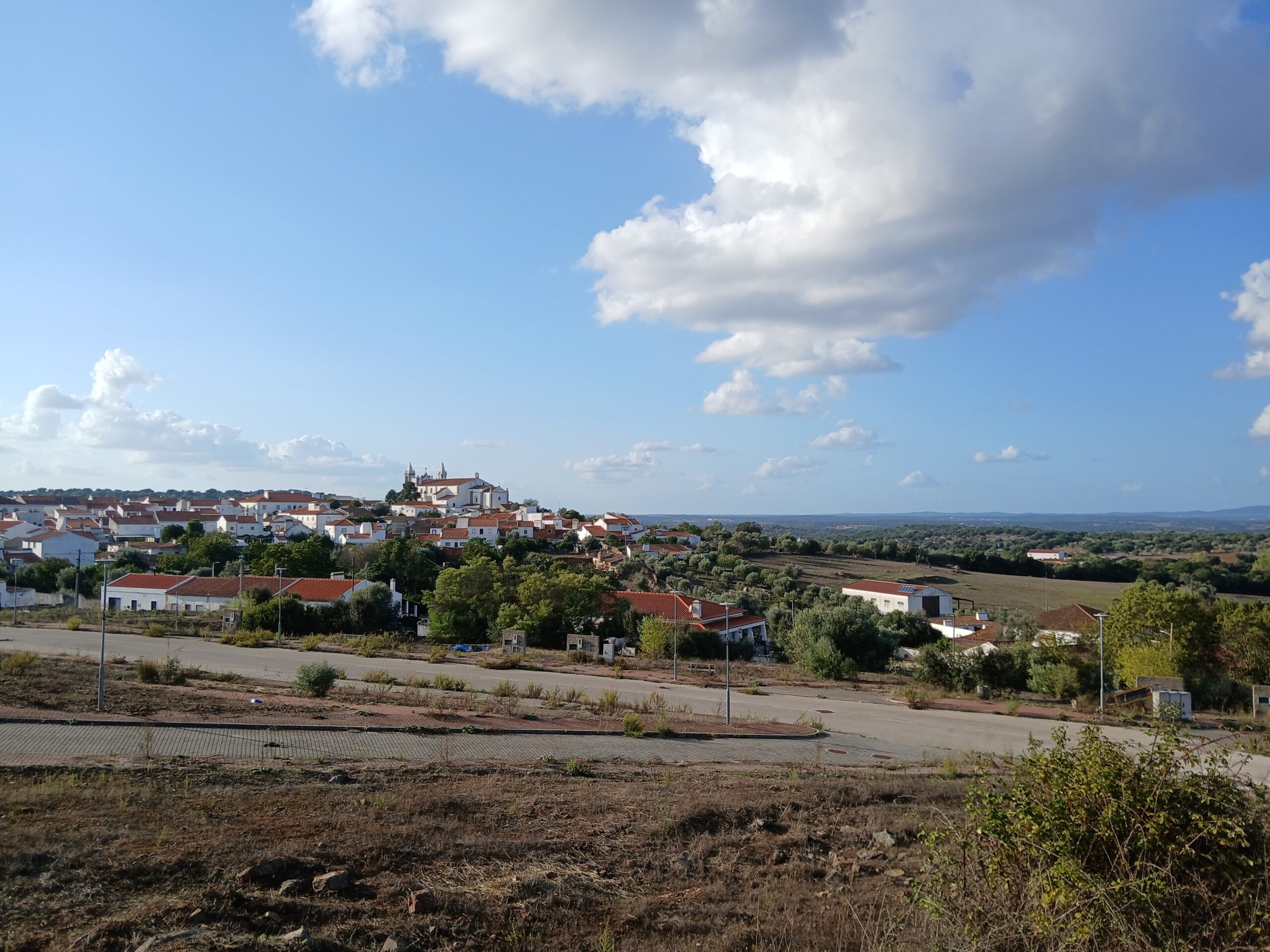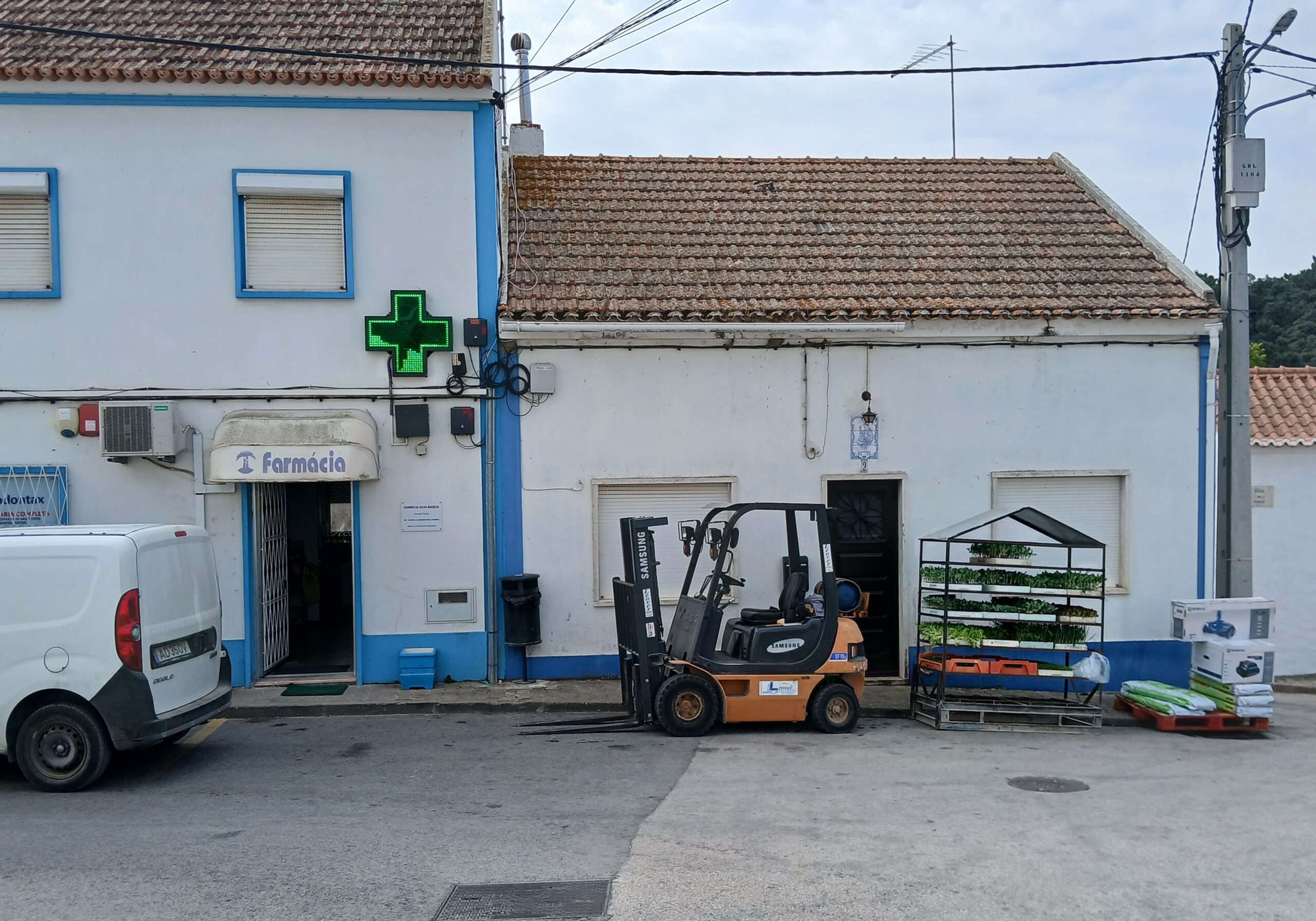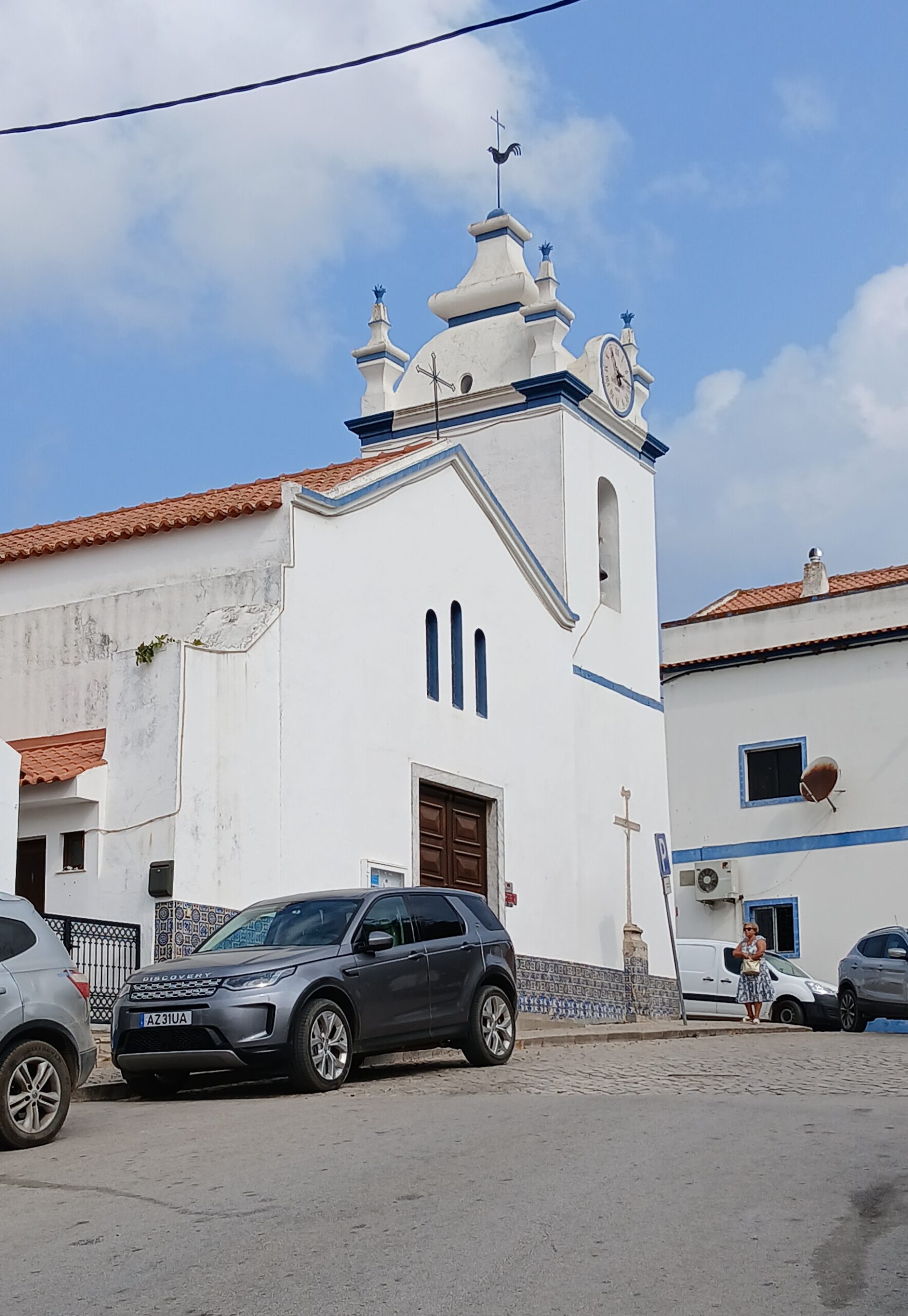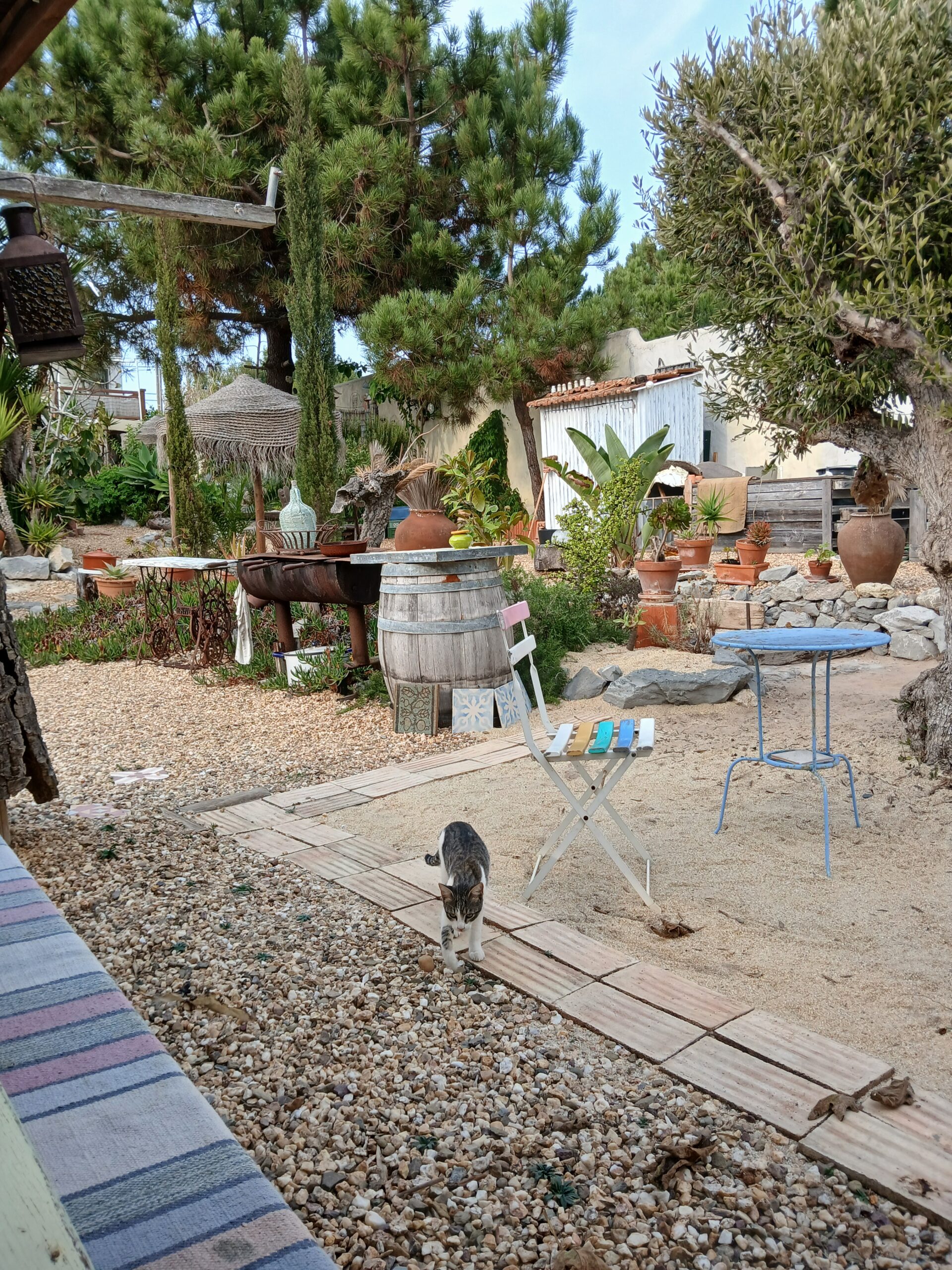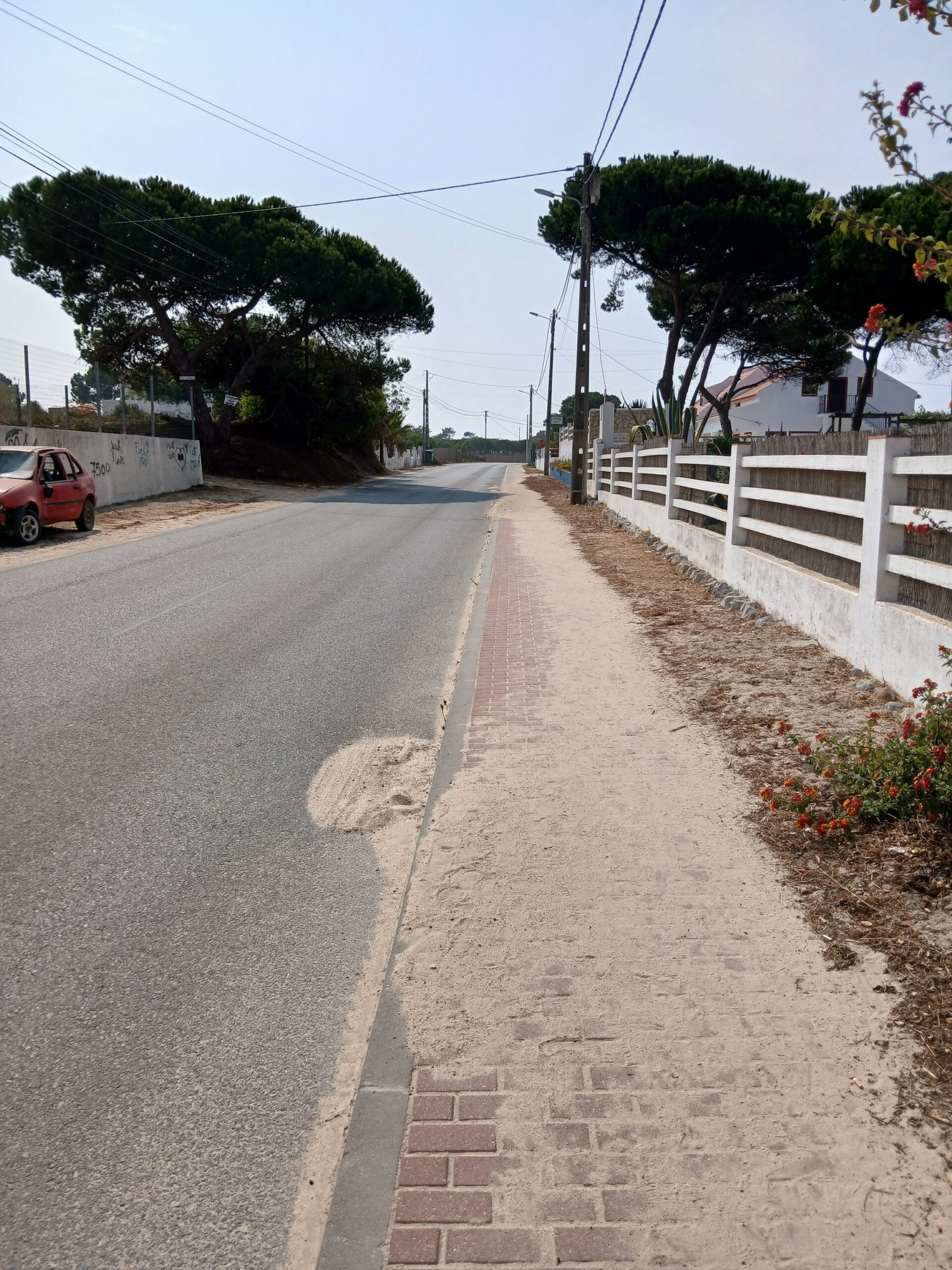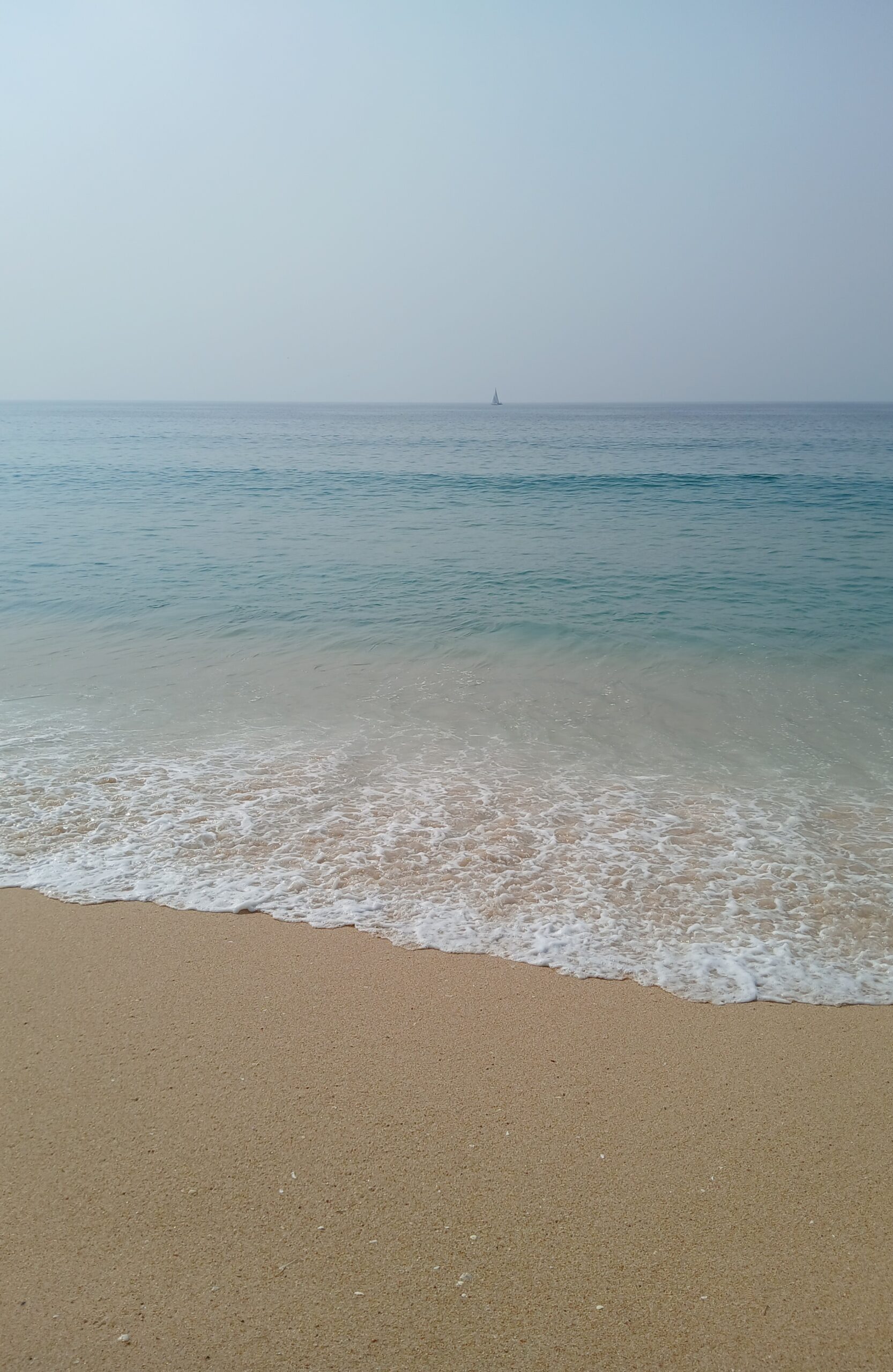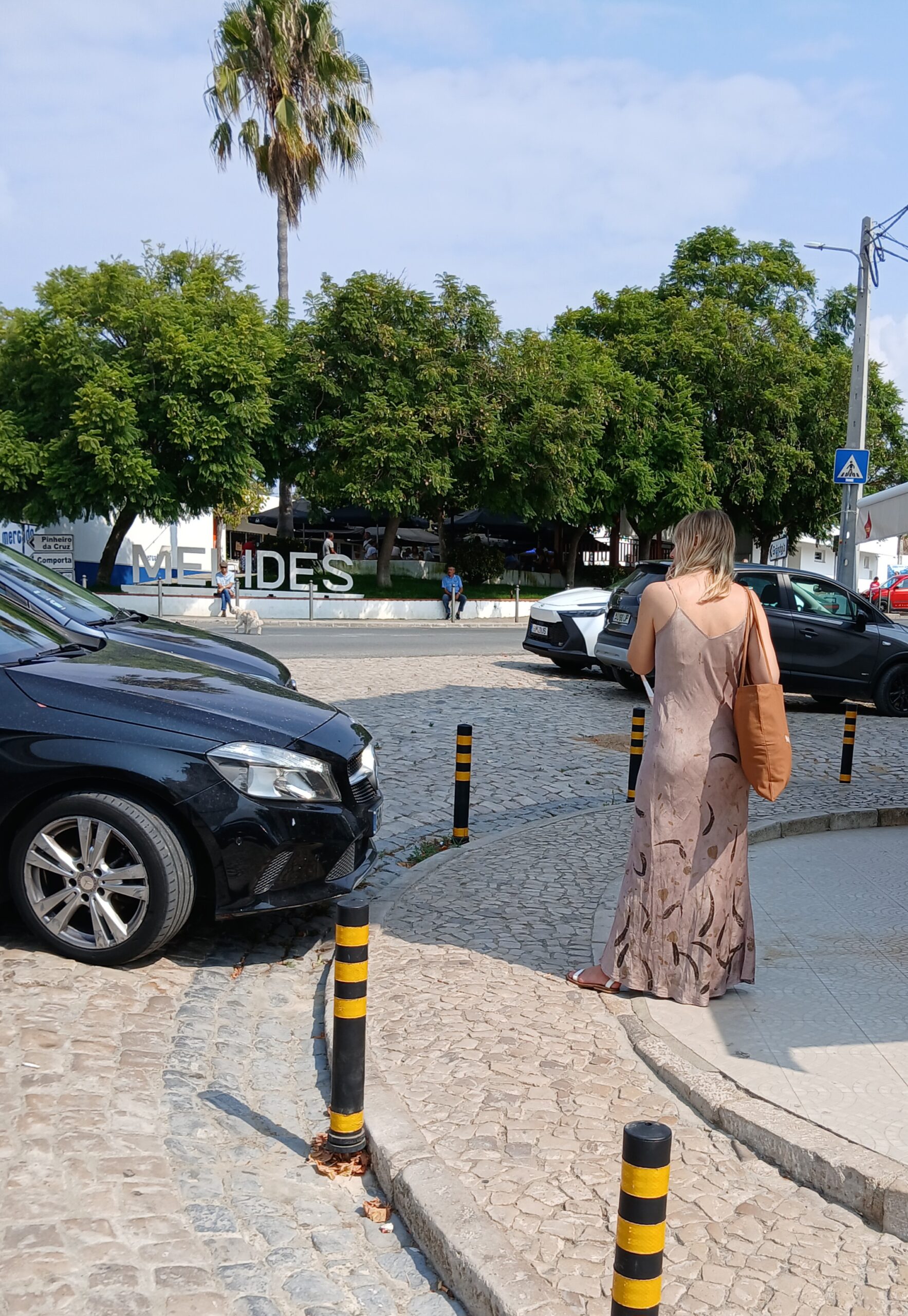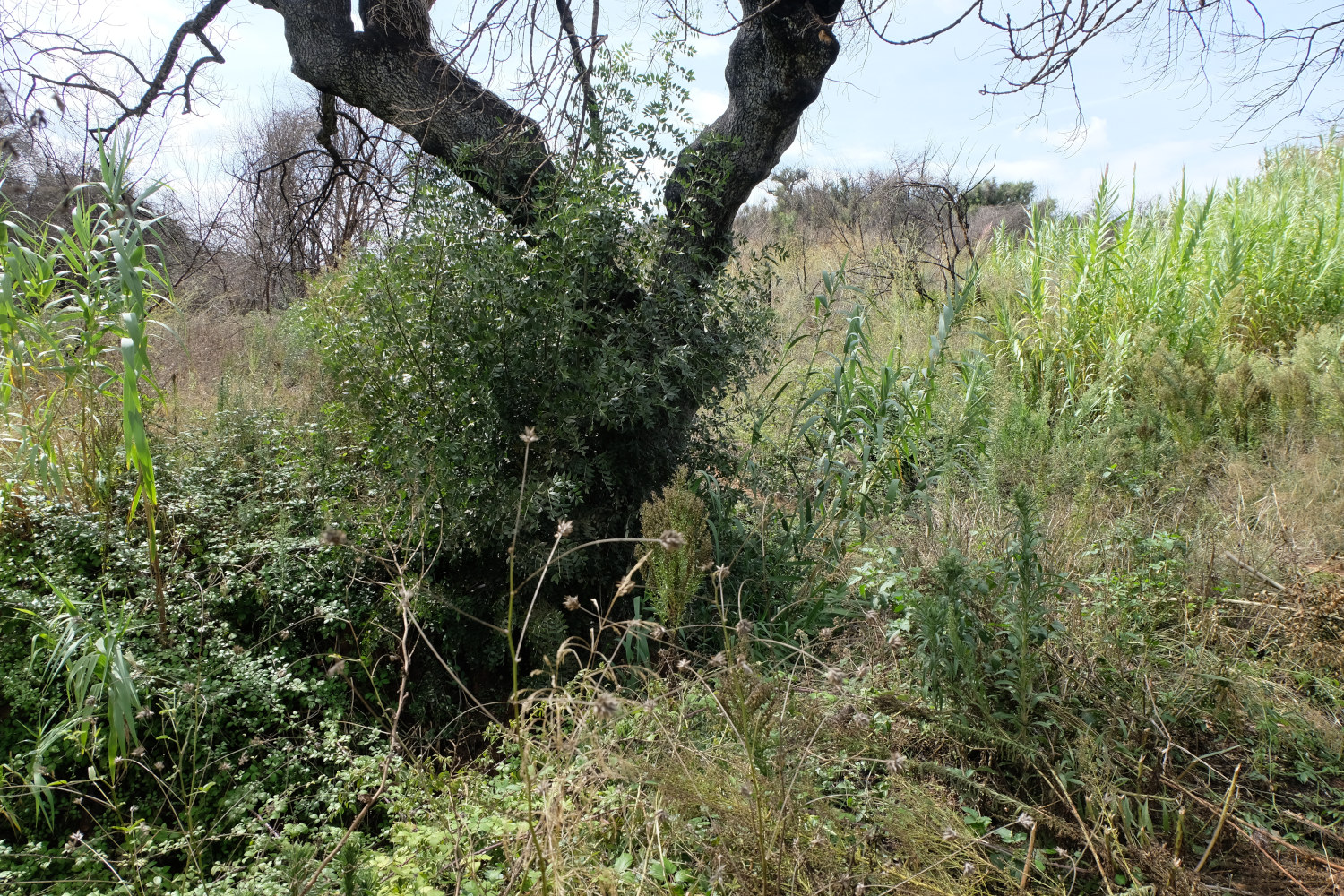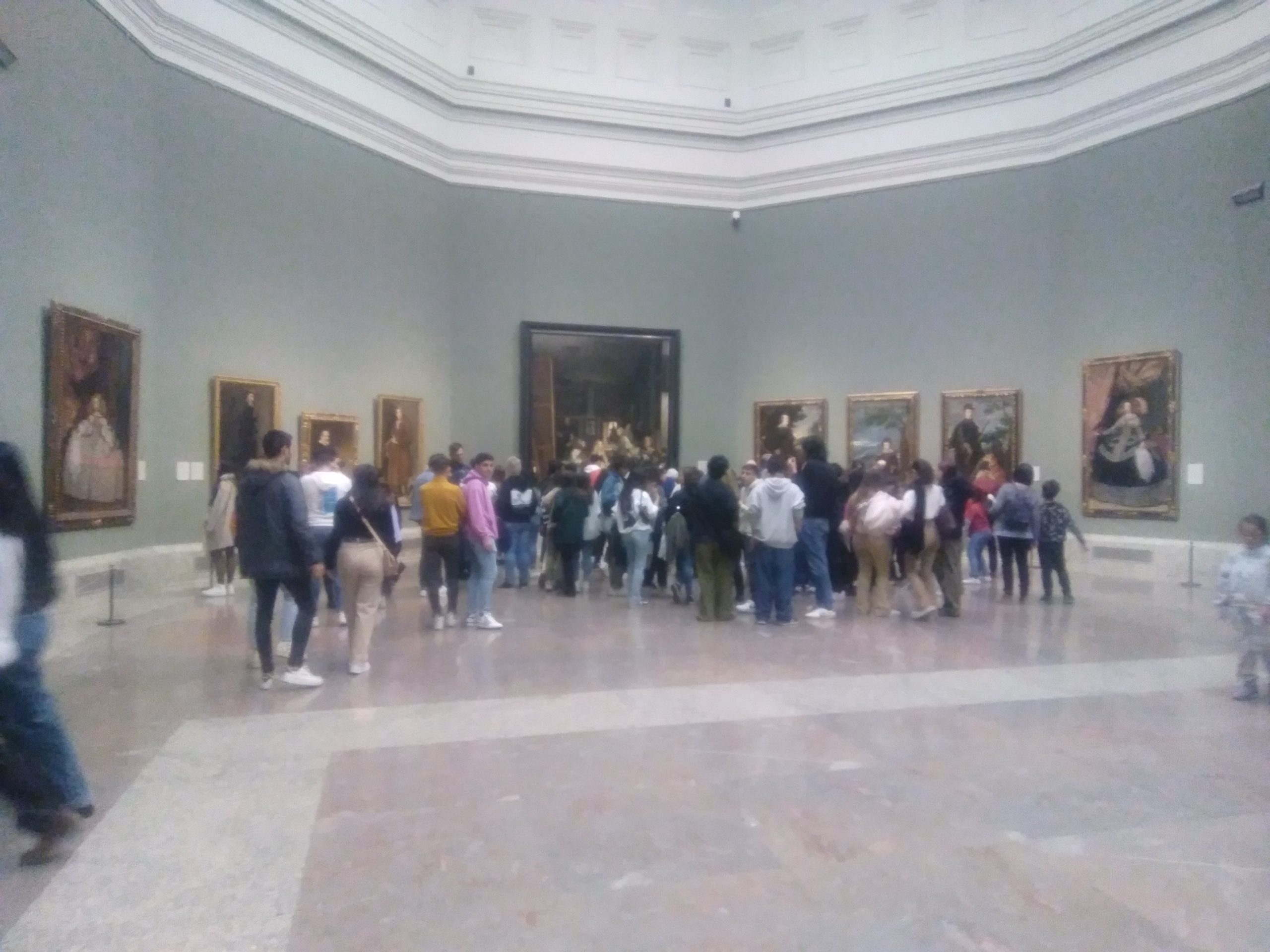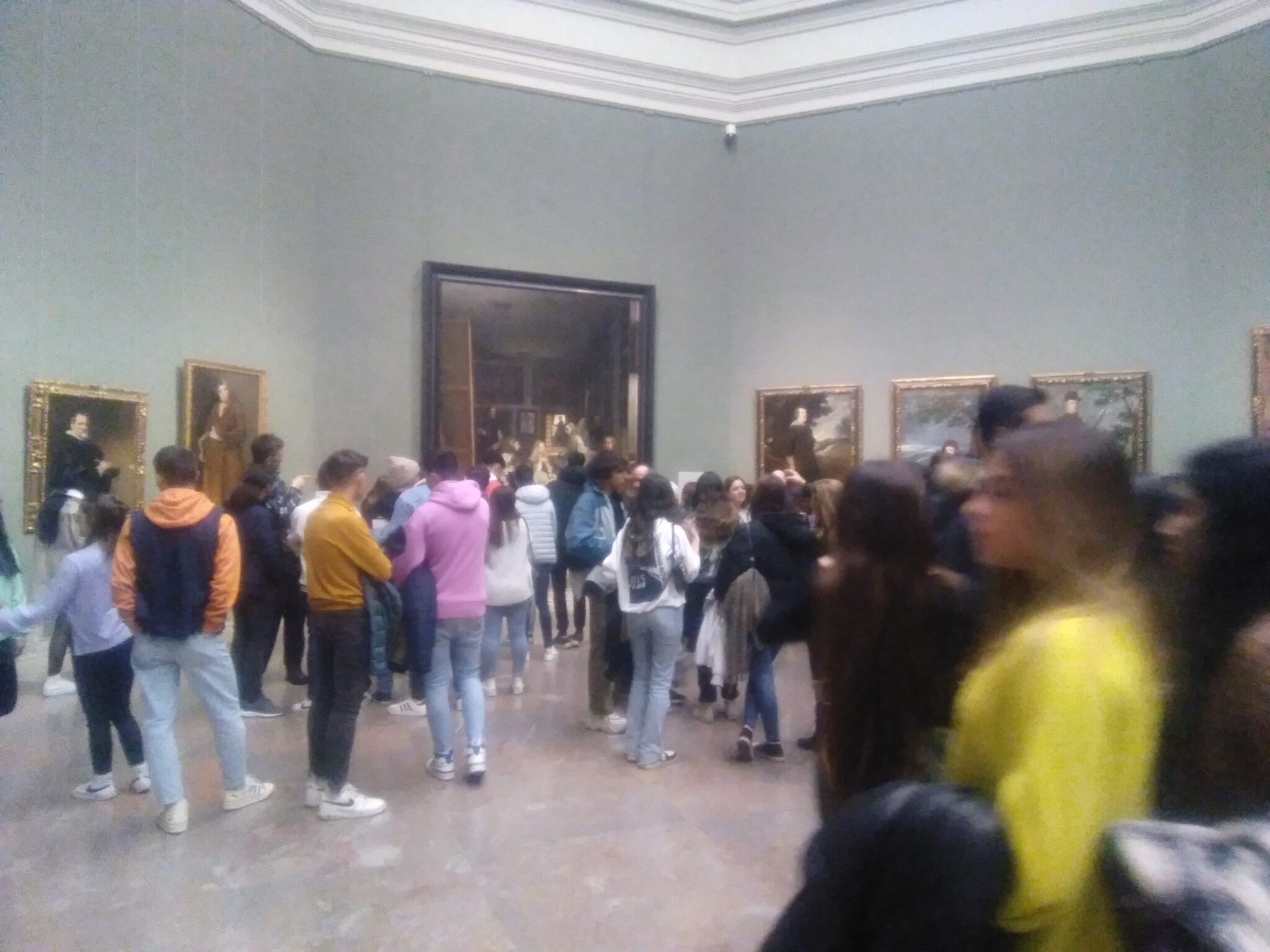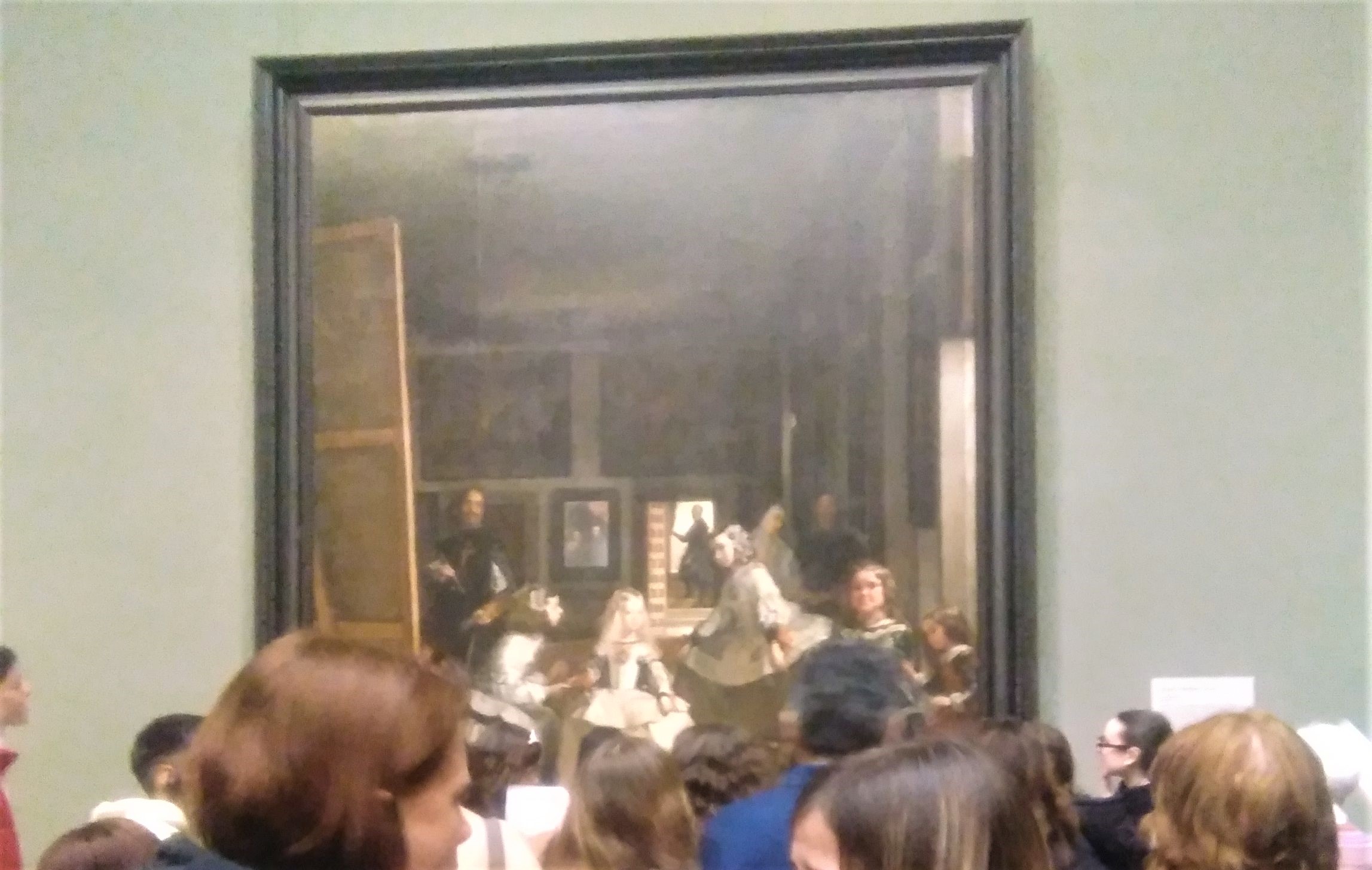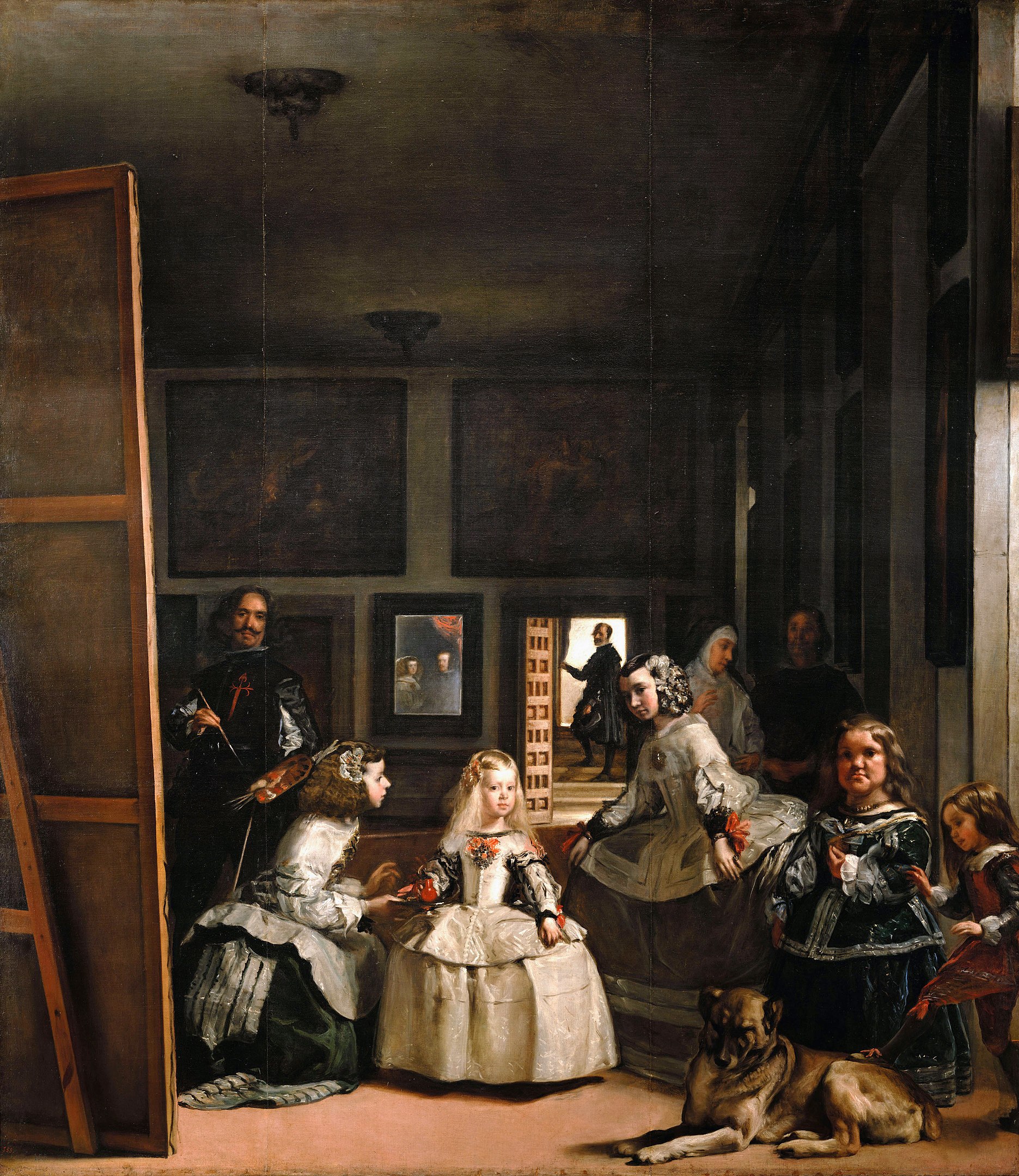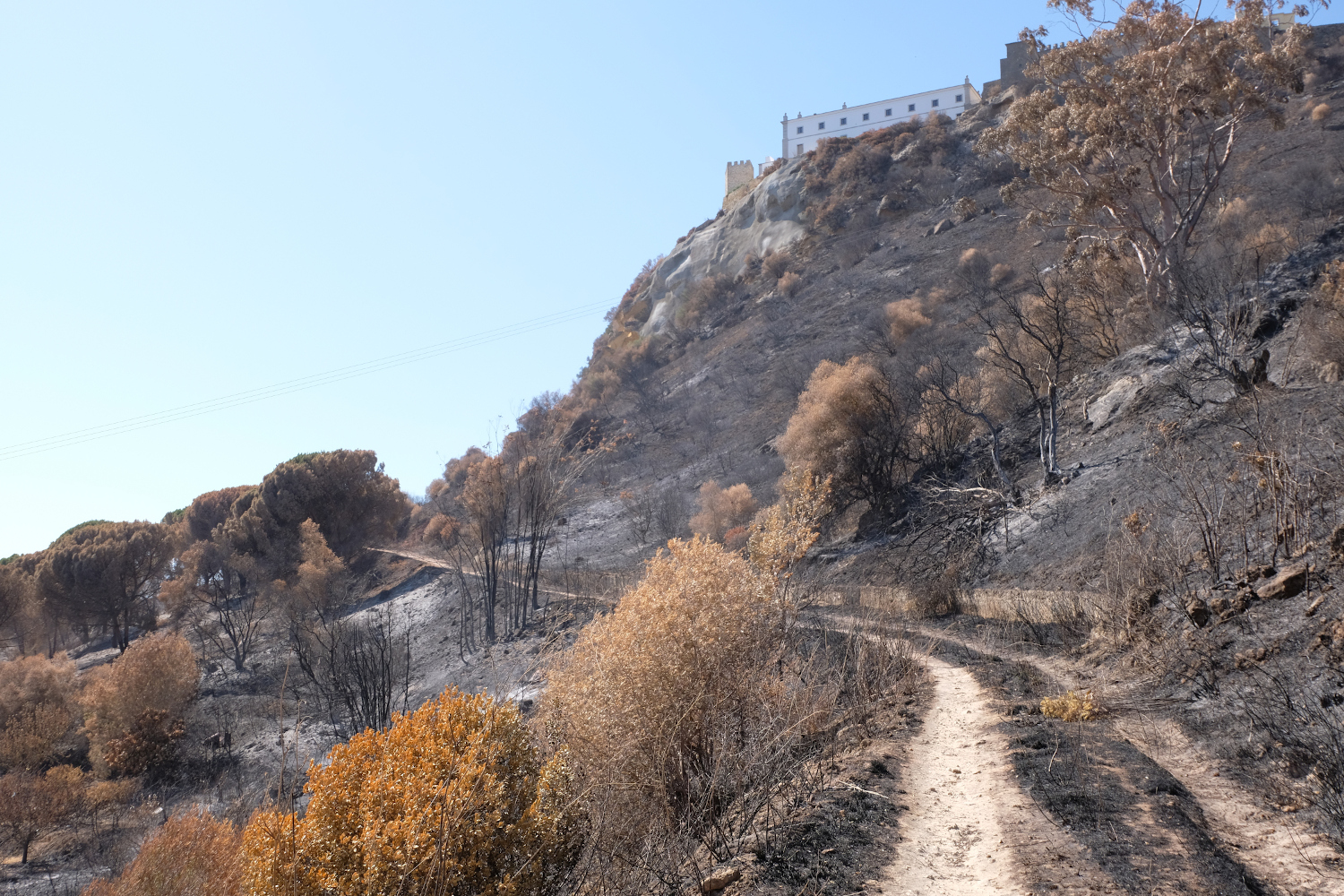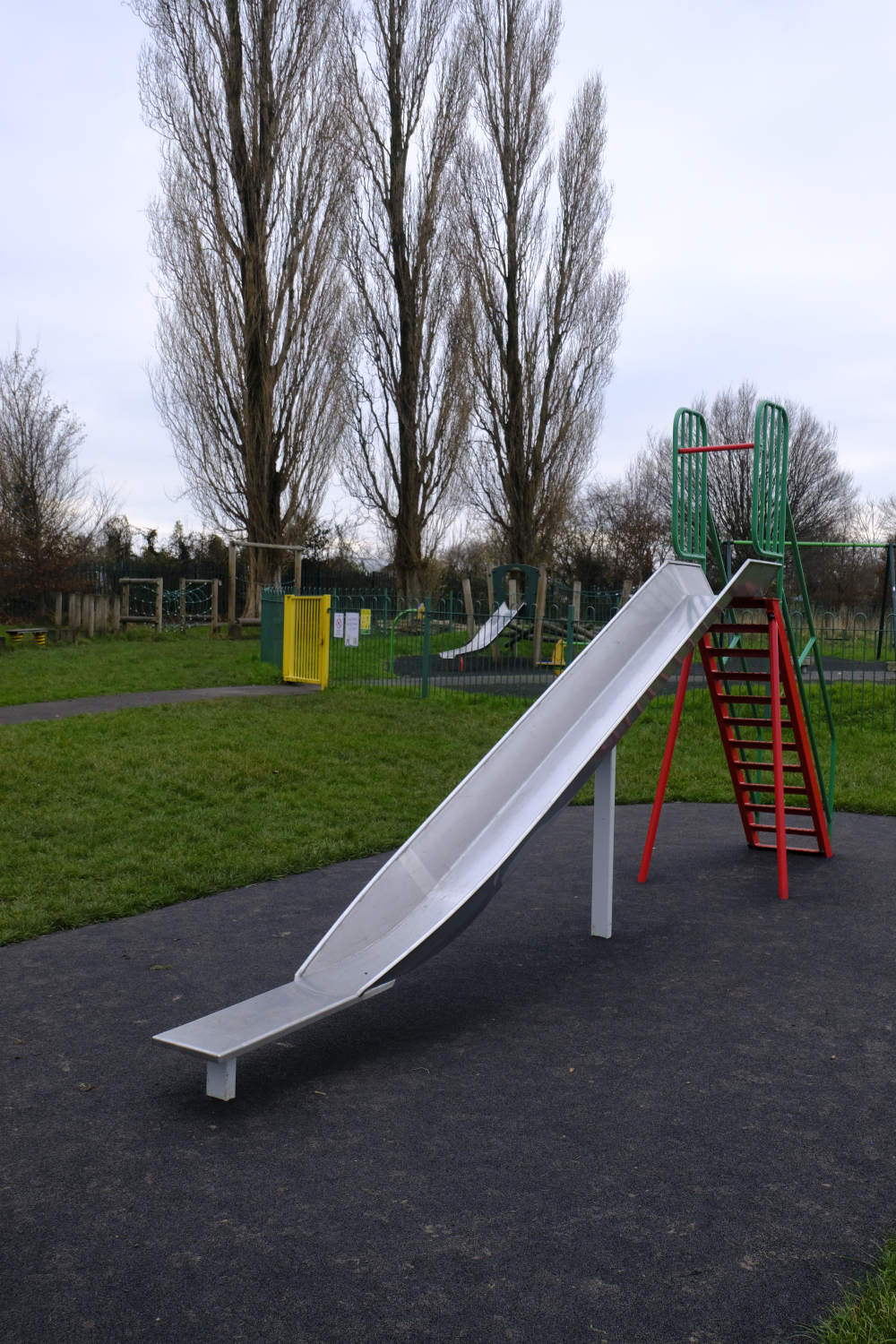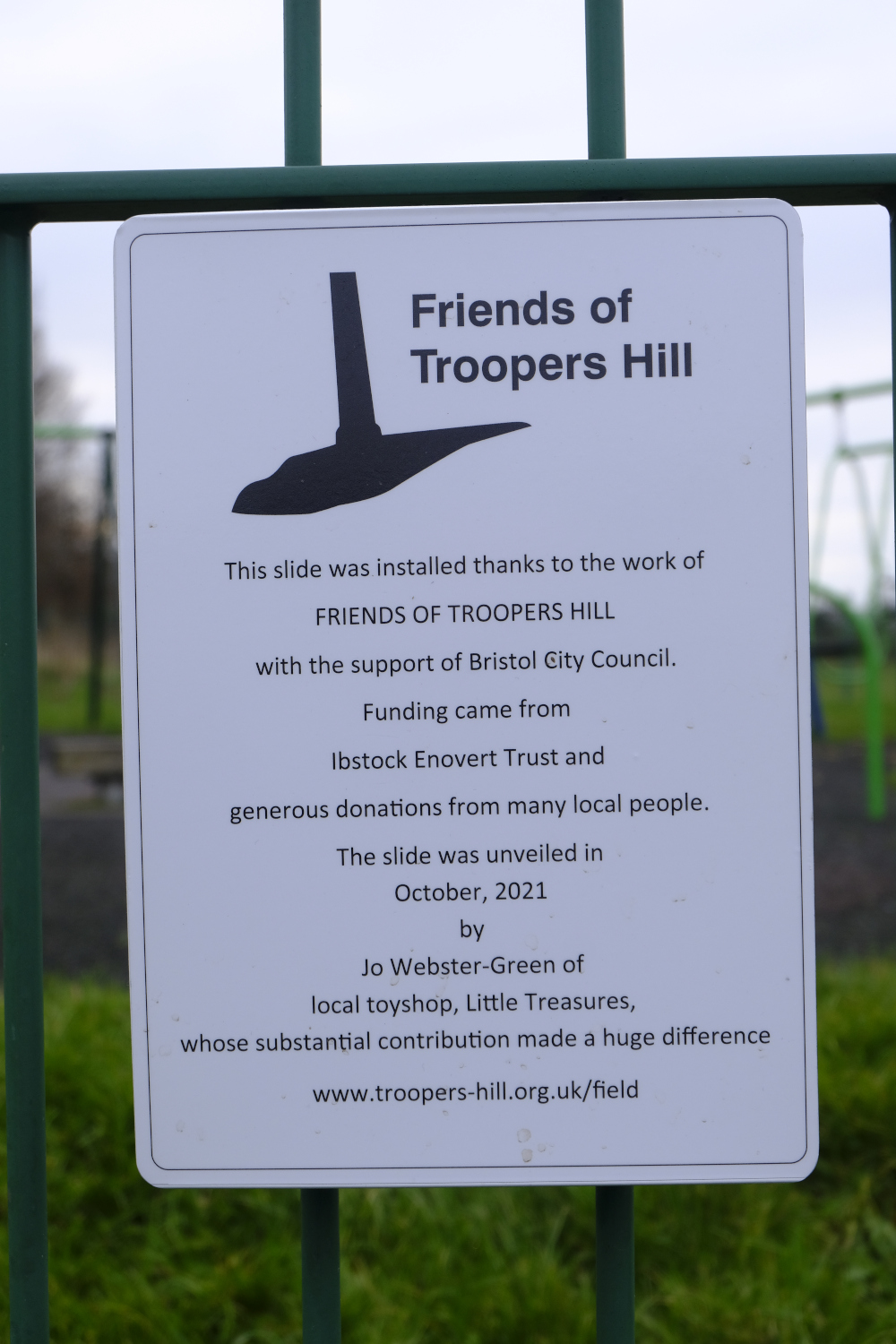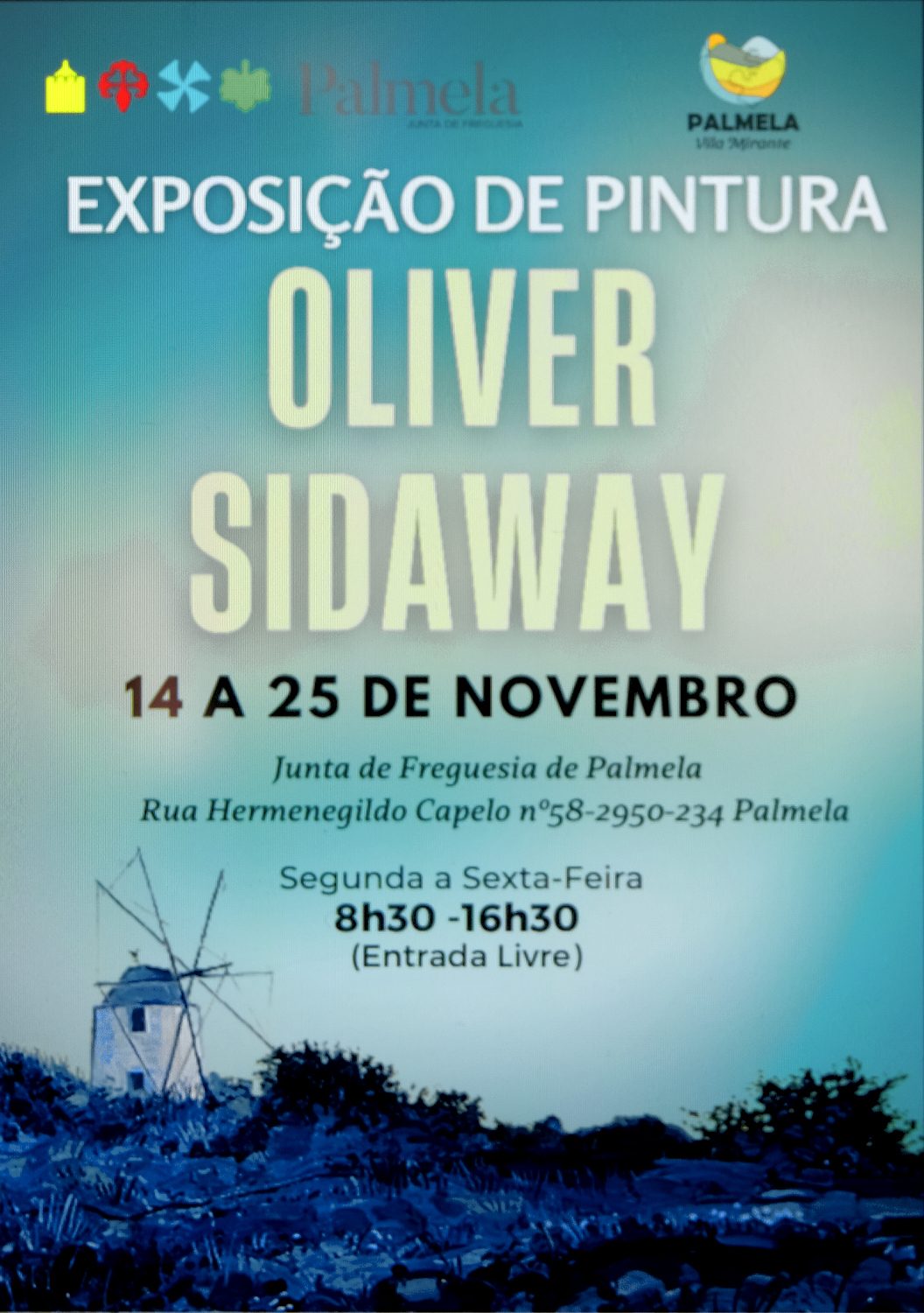On Christmas Day I Went For A Walk.
On Christmas Day I went for a walk. I got to the entrance of the Parque Municipal das Macaqueiras but it was closed. A dozen or so locals stood about chatting to each other, frustrated at not being able to get into the park too. They looked at me curiously. Suppressing a smile, one of them stepped forward and asked me whether I had the key to the gate. ‘No,’ I said, patting my pockets as if to make sure. Everyone laughed, that I understood the joke, that I might have come a long way, from another country, just to open the gate!
The gate itself didn’t seem to be much of an obstacle to anyone’s progress, however. It was low and metal and painted white and stood next to a booth where two police officers usually sat, checking people in and out in a desultory sort of way, making sure everyone had left by five. They were not present, neither could I see any notice about the park being closed. I wondered why we didn’t all just jump the gate. An inviting path wound itself up the valley into the tropical forest beyond, a wide stream of clear water ran down on the left and the steep, valley sides stood rocky and tall. Jump the gate now and you could be lost in a few minutes. No one would find you.
As if in answer to my thoughts, a police car pulled up and two uniformed officers got out, one male, one female. The male officer started a conversation, patient and apologetic with the other park-goers. I looked at the pistol in his holster, firmly attached to a black belt at his hip, and at the pistol of his colleague, firmly attached at hers. I decided not to do any gate jumping just for now. I asked the female officer why the park was closed. She leaned back against the door of her car and smiled. ‘Manutenção,’ she said. ‘Oh,’ I said, and smiled too.
I stood and wondered what ‘manutenção’ might be going on in the park at that moment. Maybe some of the dead leaves that carpeted the forest floor were being cleaned and polished and put carefully back into place, a few of the boulders in the stream moved an inch or two for better aesthetic effect? On a previous visit I was pleasantly struck by the lack of litter, the locals gently enjoying a place to which their ancestors had probably come for many centuries. Perhaps the old Tegu lizard, one and a half metres long, that I had spied, and had spied me, shuffling off into the trees once he saw me, was wondering where the ‘manutenção’ had gone? Perhaps he was wondering where everyone had gone? They are supposed to get more sociable as they get older, apparently, some are even kept as pets.
By way of consolation the police officer suggested that I might like to visit some of the other beauty spots in the area. I thanked her, but I had another idea. I walked back down the road, leaving the others to jump the gate, once the police officers had gone off to have their Christmas lunches, whenever that might be.
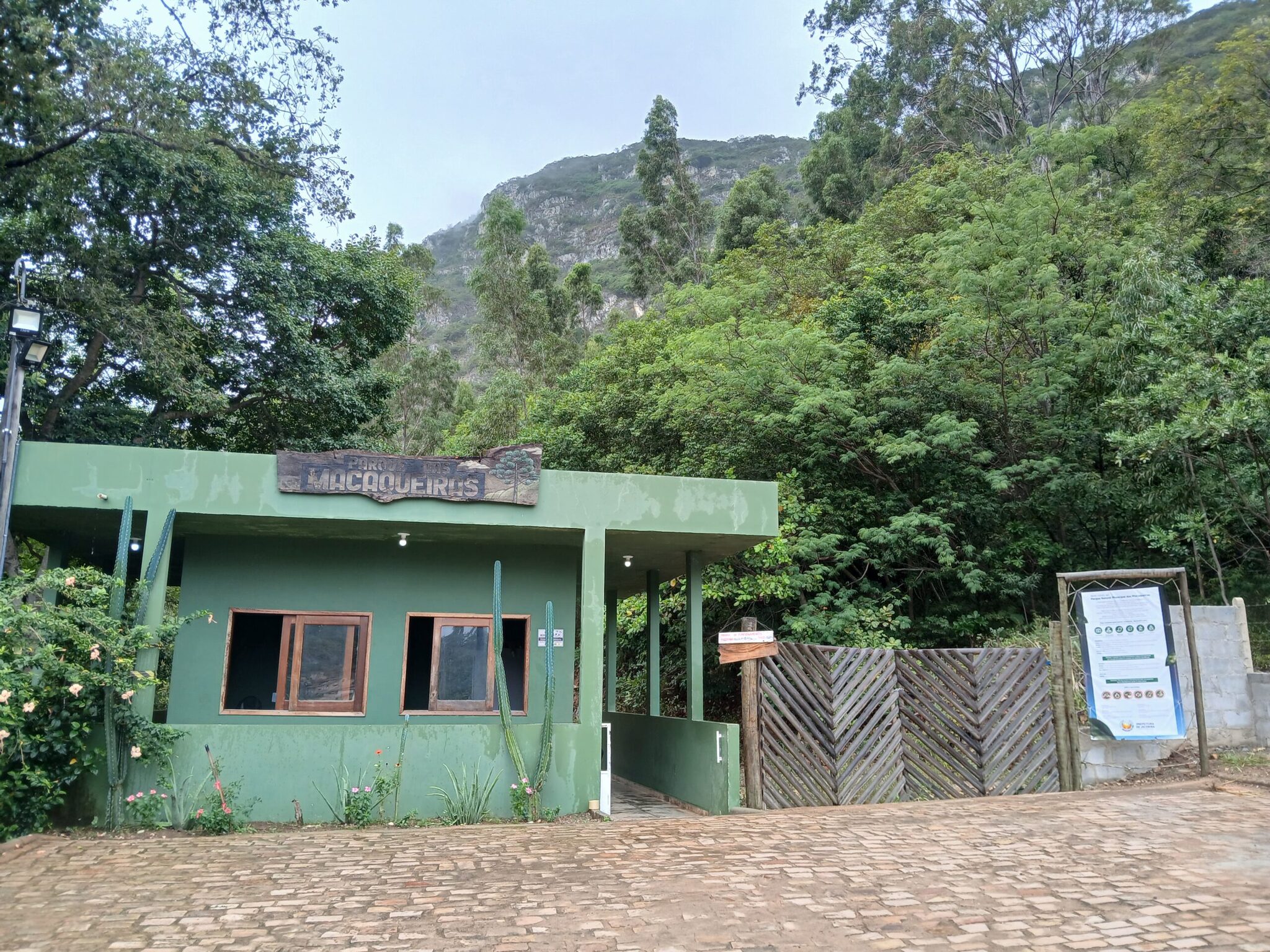 The entrance to the park on a usual weekday. The little white gate open in the middle.
The entrance to the park on a usual weekday. The little white gate open in the middle.
On a previous occasion I thought I had spotted another route that ran the other side of the hill, that might eventually allow me another entrance to the park, unnoticed by others. It was a hike though, but I had nothing better to do, so I set off, water and lunch in my backpack, sun-cream applied, a hat on my head. It was hot, 31°, that sticky heat that makes you sweat at the slightest effort, and the path I had chosen, up hill and down again, and then through some off beat streets at the edge of town, brought my temperature up to a point where I had to stop and cool down again, take a mouthful of water.
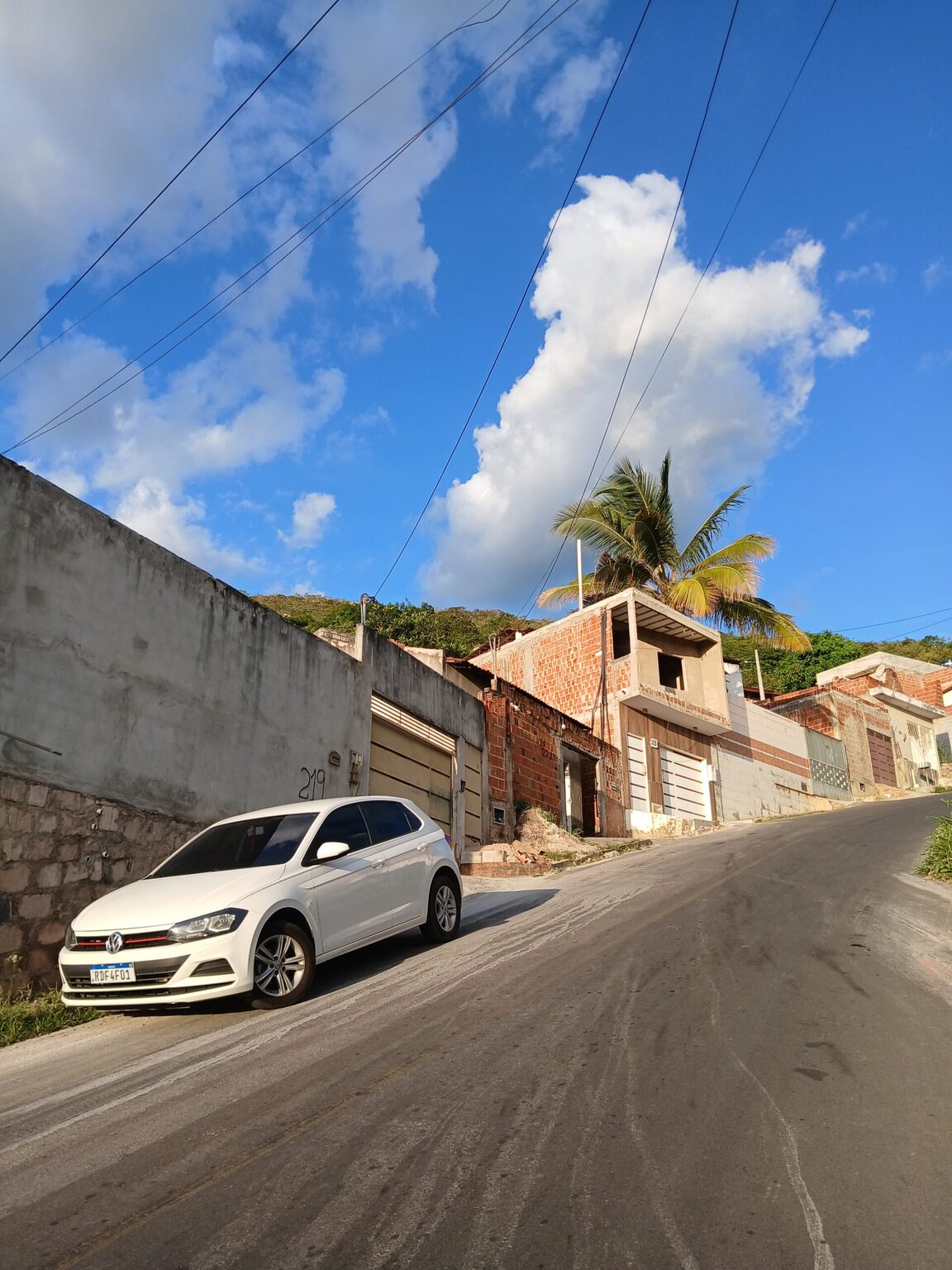
My temperature is always higher when I am walking if I don’t know exactly where I’m going, navigating by dead reckoning, instinct, experience, no map. I am eager to know what is round the next corner or over the next rise, impatient to get there, hoping that it will not be a dead end, or worse, and I will have to go back. Such navigation is best done by following the sensible routes of others, but sometimes it is difficult to know the sensible routes of others, especially if you are a foreigner. And then there is the time when you need to strike out on your own, following the paths less travelled, or sometimes, not travelled at all.
Up to this point I had passed quite a few humans, surprising considering the day, and a few shops open too, needs must I suppose. People walked their dogs, worked on their cars, someone spot-welding in a garage, some others standing with plans for a new house, half built. One large area was fenced off from the rest, an exclusive patch of land it seemed, with new houses on it, some finished, some not. The fence, like the gate back at the park, was not substantial enough to keep the determined out, it seemed to stand only as a marker of social distinction, at least in the minds of the lands’ developers I suppose. I decided to go round. I passed a family, sitting at their doorstep trying to catch the breeze, and a few yards further on a young man, reclining in a hammock on a bright white balcony, the former outside, the latter inside the fence. Their houses were not that much different, built to a similar design, with the same materials, the one inside finished, bigger, painted white, the one outside still in need of a bit of work, not painted at all. Their respective occupants could see each other, talk to each other through the fence, but neither appeared to be in a sociable mood today.
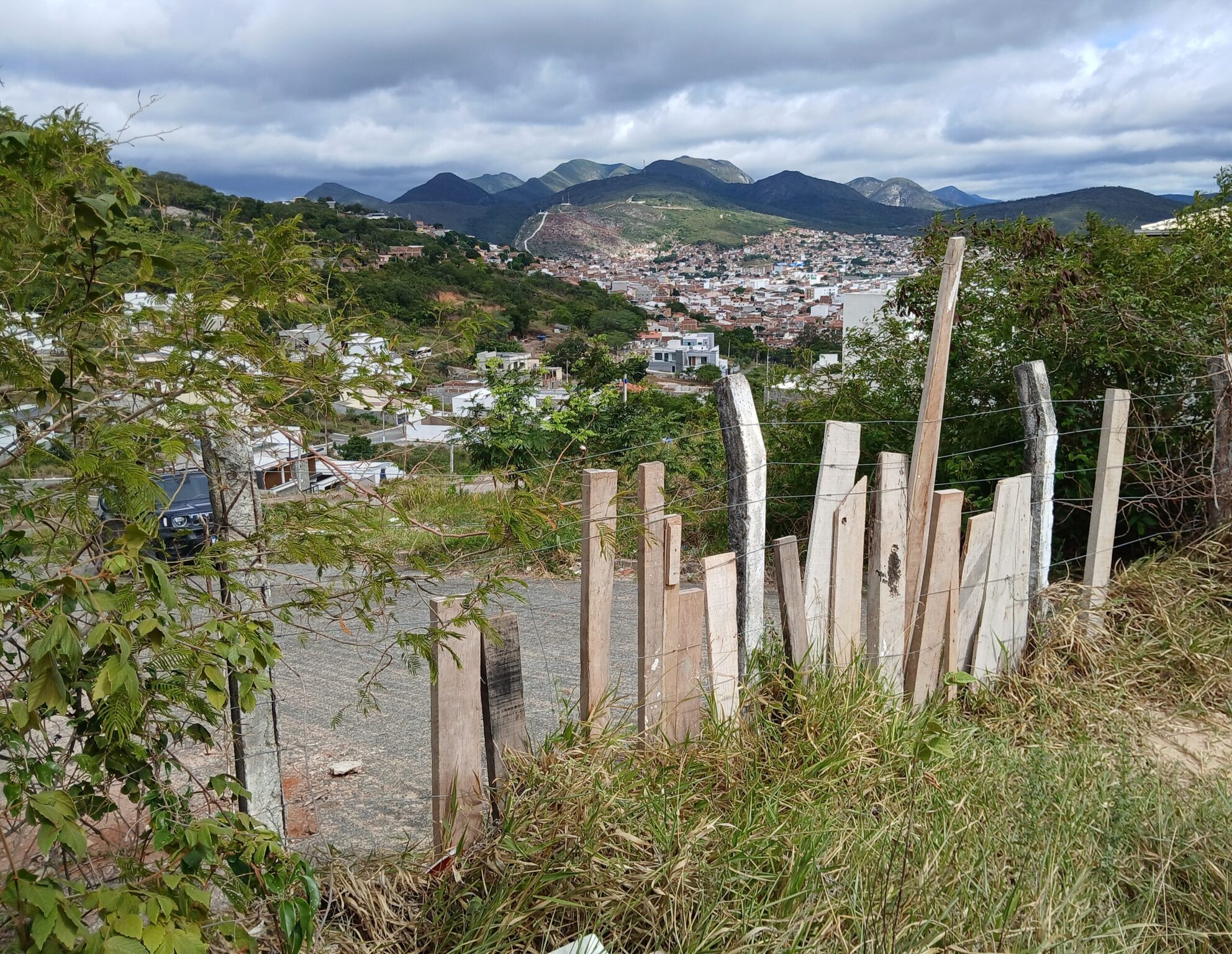
At the top of the road I turned right, out of intuition really, onto to an unpromising, dusty track, and was immediately answered by a hand-painted advertising sign on the side of a wall. ‘Uma boa ideia’ the slogan read, as if in answer to my decision. A car passed me coming the other way, the front seat occupants peering out through their muddy window, intrigued to know who I was. They waved an amused hello, unused to foreigners in these parts. The track past the top of the exclusive development and veered left, disappearing into the side of the hill, covered in forest, the birds and the insects clicking and chirping and chattering to each other in the heat.
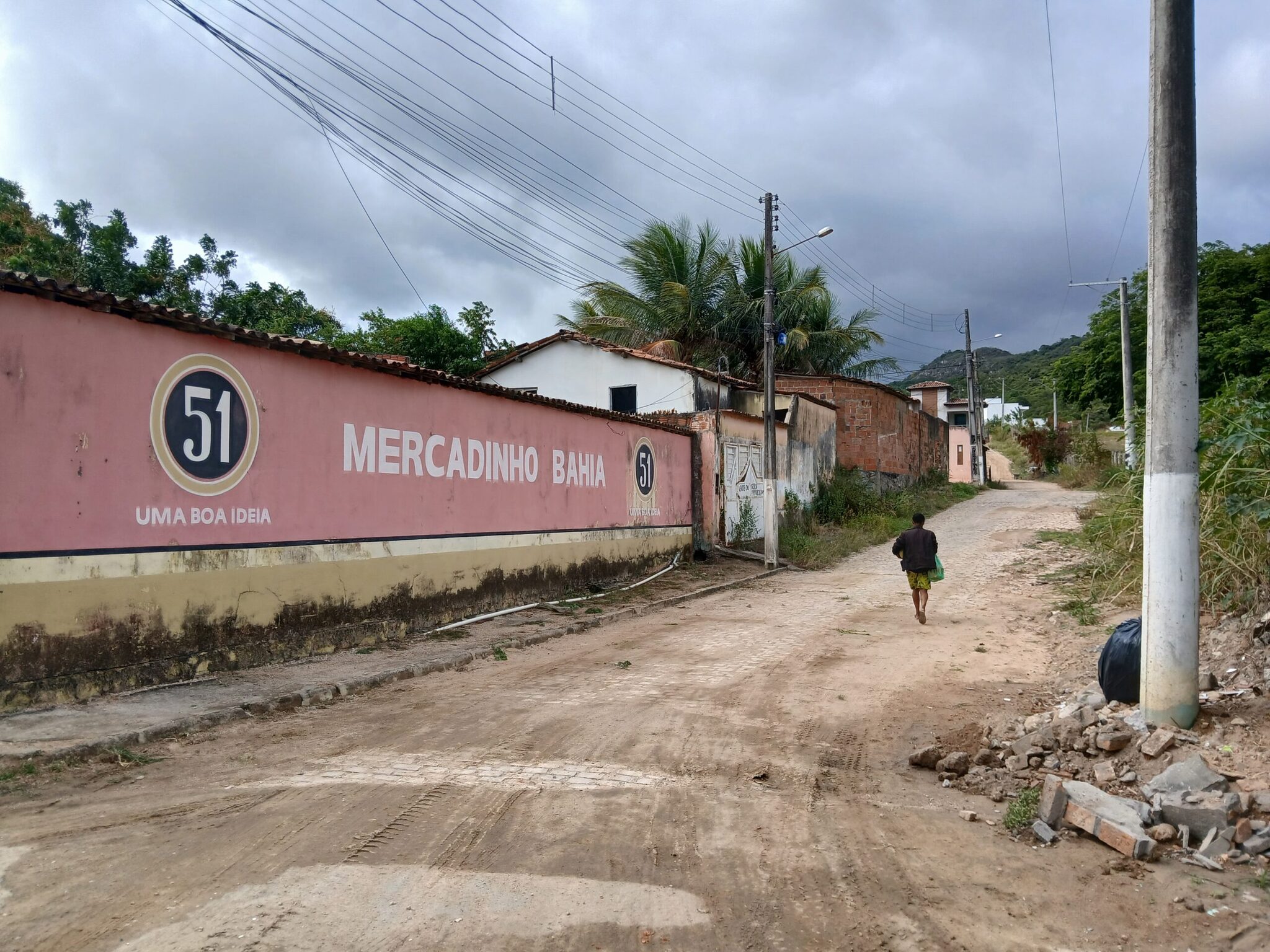
As I walked along, I had the curious sensation of stepping back into an older landscape and time. The road cut into the hill in places leaving a precipitous turn or two, then suddenly took a dive for a hundred yards before climbing back up again. It was a dusty, rusty track rather than a road, carved out perhaps from an older narrower one and a footpath perhaps a long time before that. Occasionally a hand built wooden fence appeared to left or right denoting somebody’s land, back up into the forest, but otherwise the trees overhung the road, manga, jaca, marmalado, mangabeira, macaqueira, babacu, their leaves shiny, green and grey on top to reflect the heat, cool, brown shadow beneath.
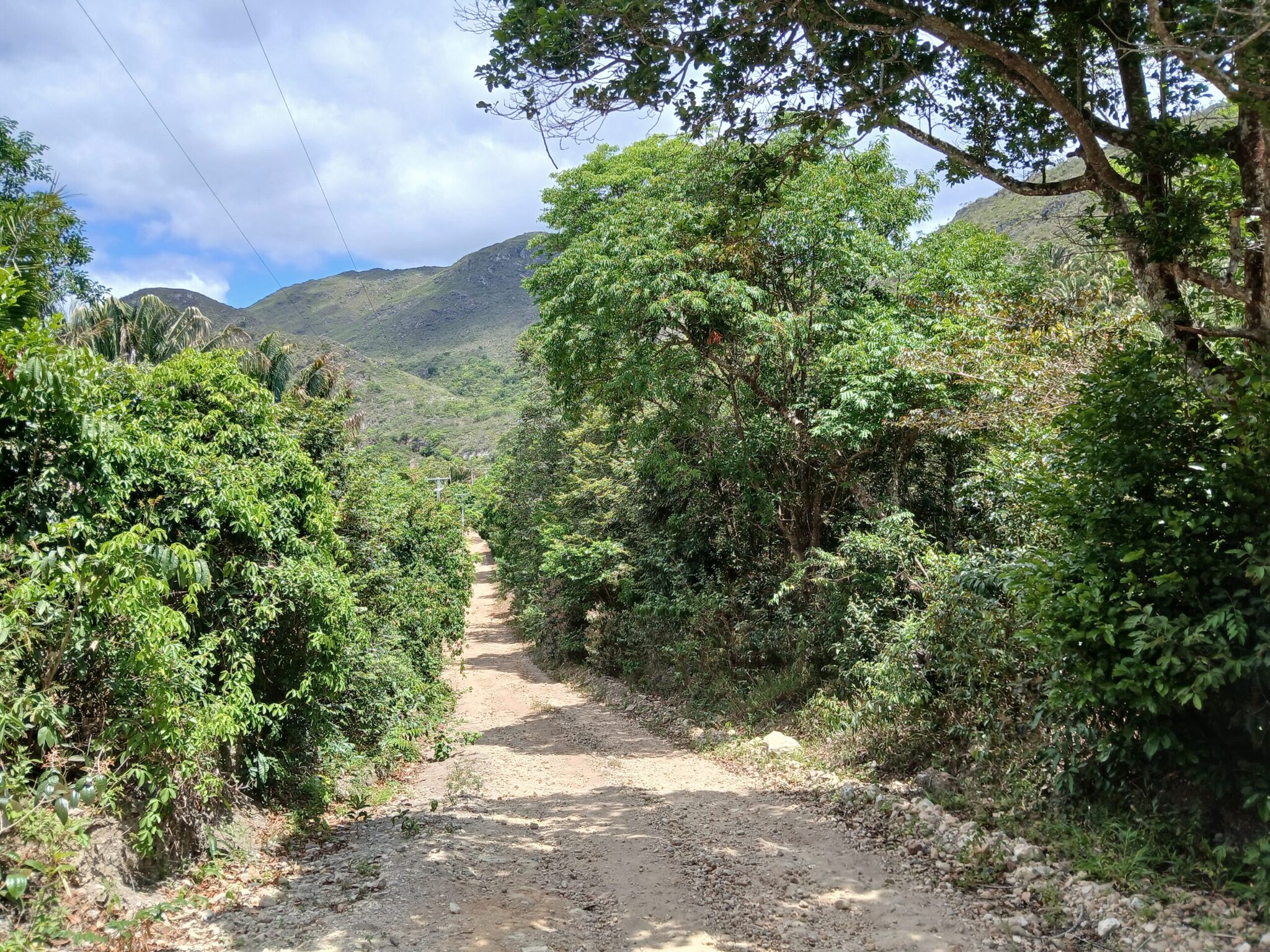
A power line ran along the side of the track, taking electricity to somewhere, though it was not clear where. Half way along the road a small one room house clung to the side of the road, made of mud bricks, and a few tiles for the roof. There was a small window at the side and an unpainted wooden door with a cross fixed to it. Surely no one is living there I thought, but as I passed, the small garden had just been dug over at the back, some peppers were ready to be picked, a hoe left on the side. ‘Deus é fiel,’ one of the most popular phrases in these parts came to mind, here a living embodiment of such belief. Further on I past two or three similar houses set back a little, embraced by the trees, none connected to the power line, or to the mains water. How long all had been here was anyone’s guess, each generation searching for it’s own Eden, and abandoning it over time for others to follow, or the forest to grow back.
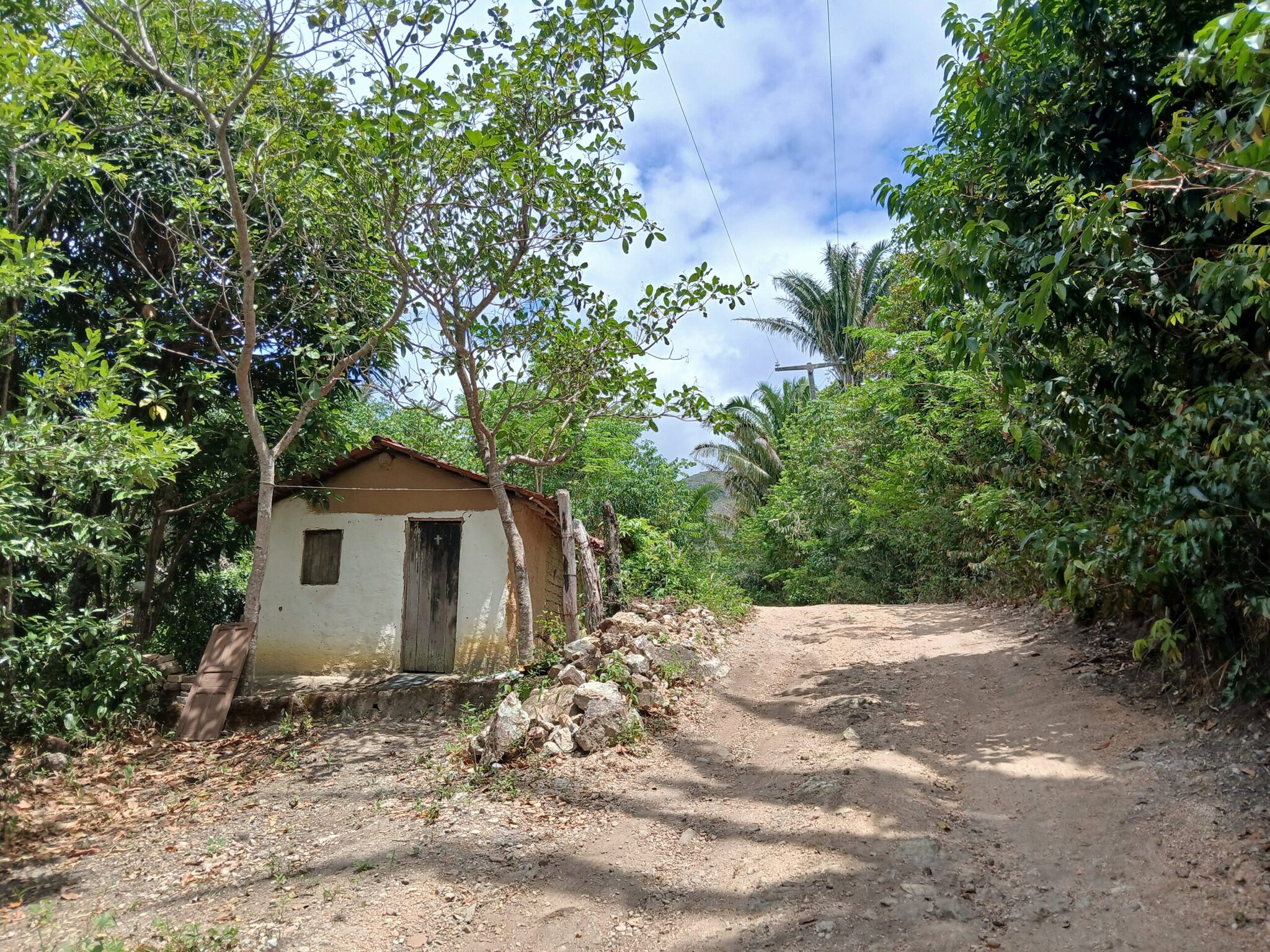
On along some more and some cows blocked my path, forest cows you could call them, spilled out onto the road through an old fence. They stood in a sullen sort of way and refused to move, out of indifference as much as anything, or perhaps a need for human contact too, no sign of their owner or farm nearby. A sudden lurch forward by me produced their cautious retreat to the fence and I passed by.
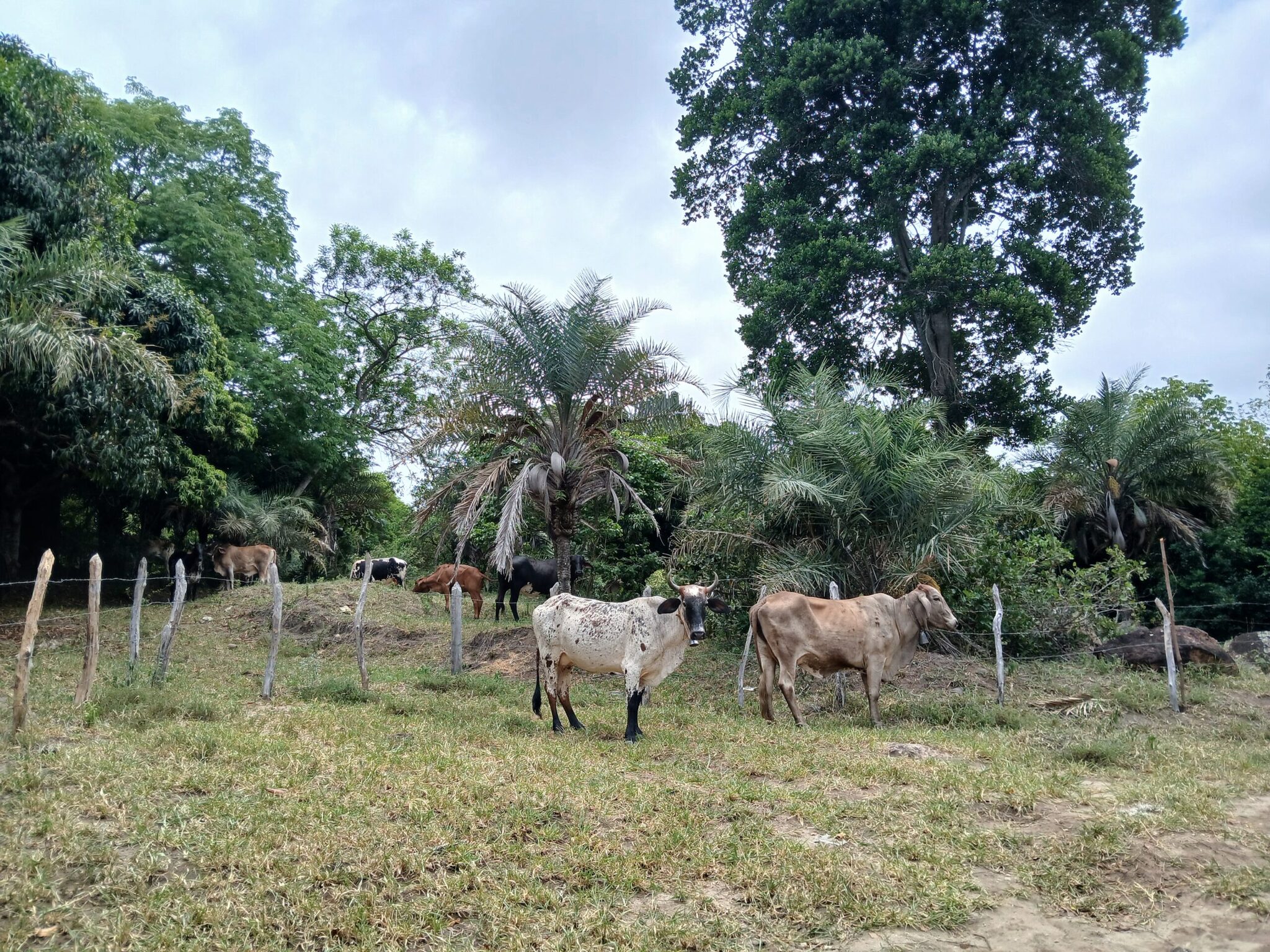
A bit further on and I turned to see a small clearing and a huge jackfruit tree commanding the space. Dull, yellow fruits hung down in profusion, their skin hard and scaly, big as footballs, impossibly suspended. Beneath them two, white calfs appeared, by a kind of magic, they stood, as if in their own Eden, while I photographed them and then they skitted off, rustling the leaves as they went, so I could still hear them some time after I had lost sight of them.
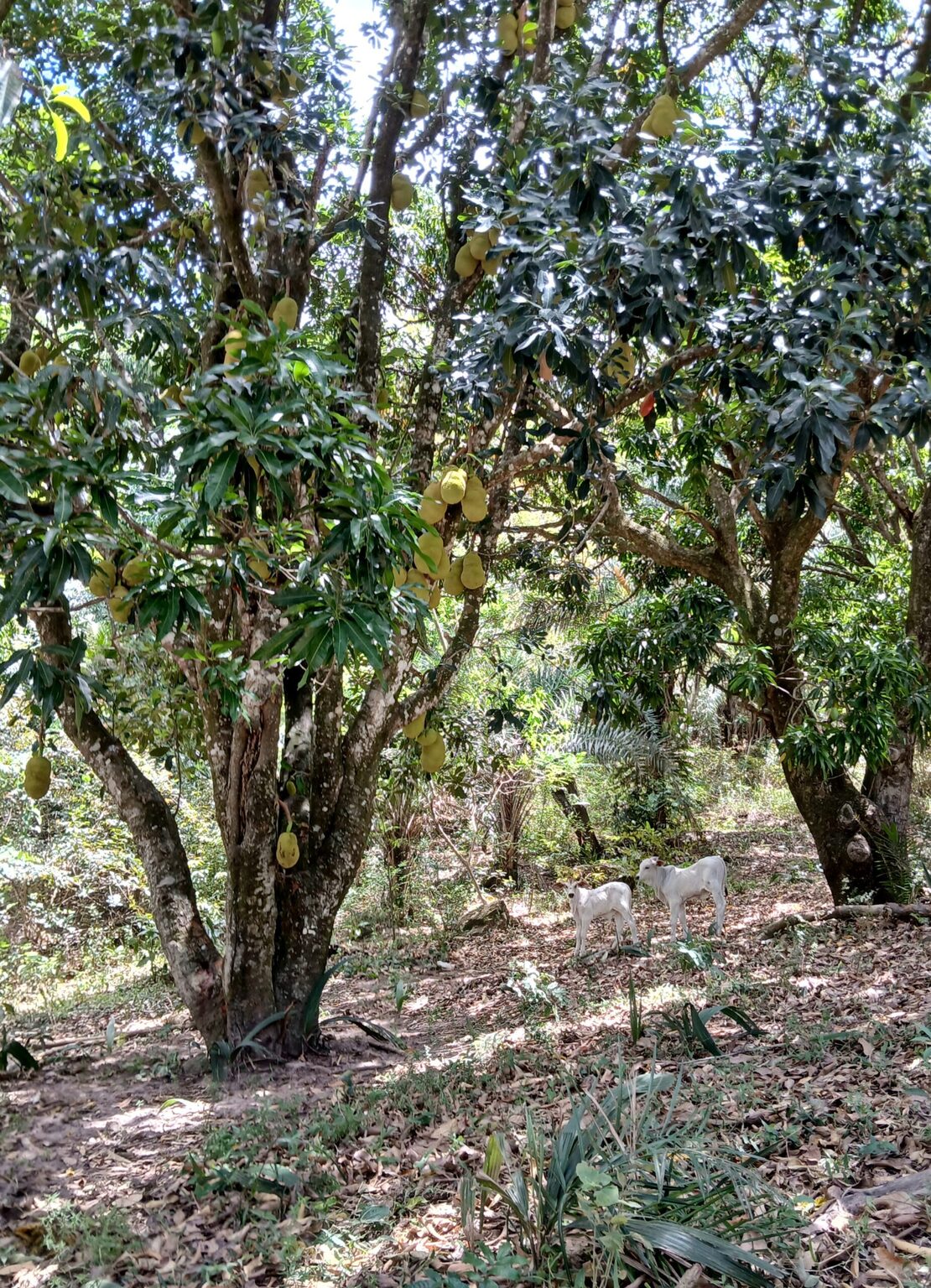
After a while I begun to wonder exactly where I was, and if I was anywhere near the other entrance to the park I was trying to get to. Maybe I had gone back in time so much I couldn’t return? The hill to my right appeared steeper, more rocky. How was I to get to the other side? A path appeared ascending the hill, and hope said this might be the place. My instinct wasn’t so sure. Twenty minutes of scrambling up some hard quartz gravel, produced an interesting view, and more overheating, but no way past the overhanging escarpment. A look back down at the road saw it snaking along, away from the hill, now revealed, now hidden in the trees. A few more houses could be seen into the distance, tentatively connected to the power line whose poles stood at precarious angles, but nowhere I wanted to go. I was becoming tired, that kind of tired that comes from not finding what you are seeking. I decided to go just a bit further and if no path, then I would go back, the end of my quest. I scrambled back down the gravel onto the road.
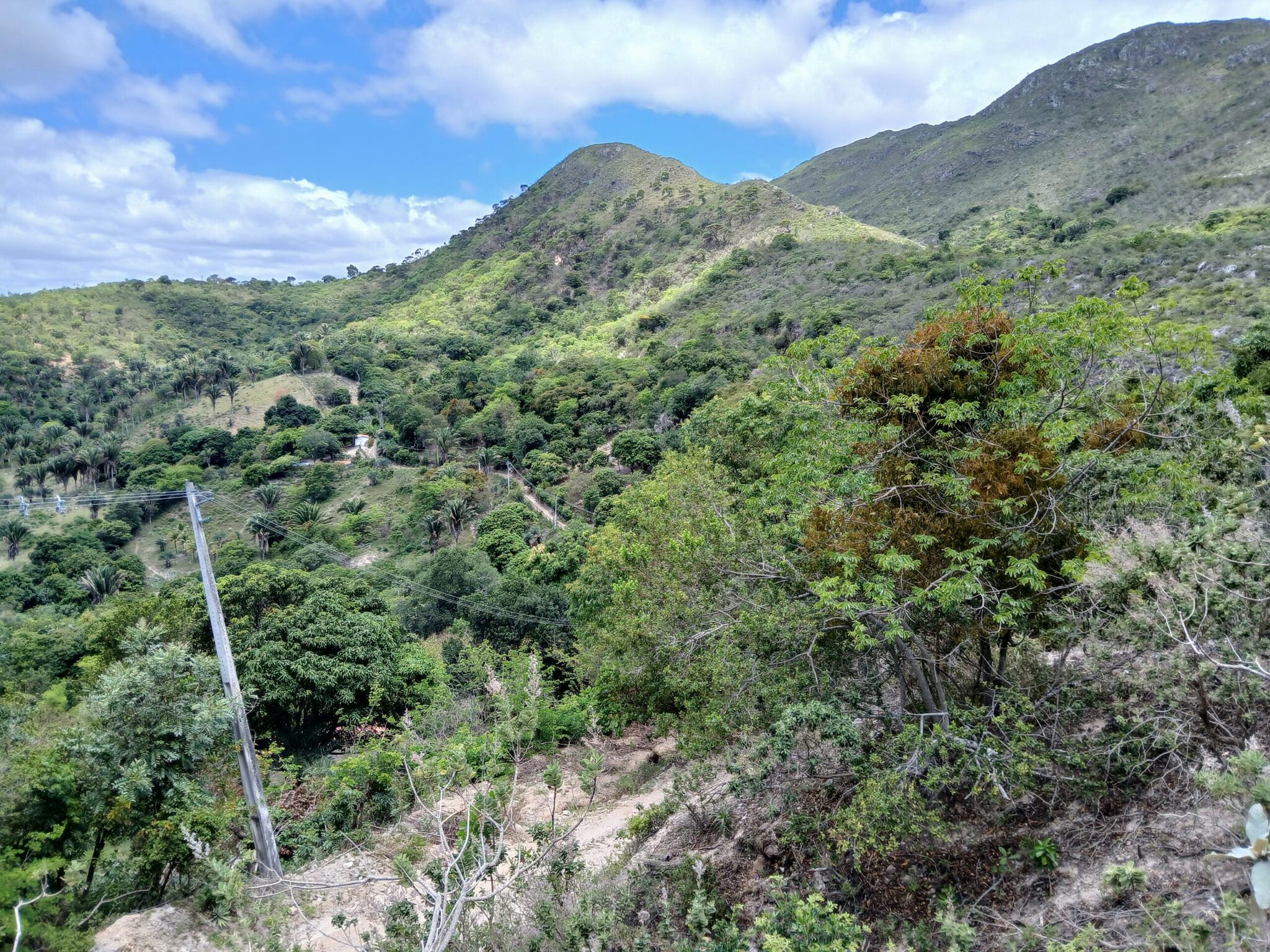
The track took an unexpected turn to the right and down into a small sub-valley, a valley within a valley, hidden from view. The road was suddenly blocked by a green metal gate that looked like it had been there for several decades. An old car was parked in a little parking space to the side. A sign on the gate said ‘Private Property, No Hunting or Fishing.’ I stopped and considered. The sign confused me. I was hoping this would be the other entrance to the Municipal Park, but clearly it was not, though it was in the direction I wanted to go. The sign declared that the land was owned by someone but seemed to suggest that entrance was tolerated as long as you didn’t hunt or fish. There was only one way to find out. I looked. The pedestrian gate to the side had no lock. I tried it and it opened. I stepped inside closing the gate behind me.
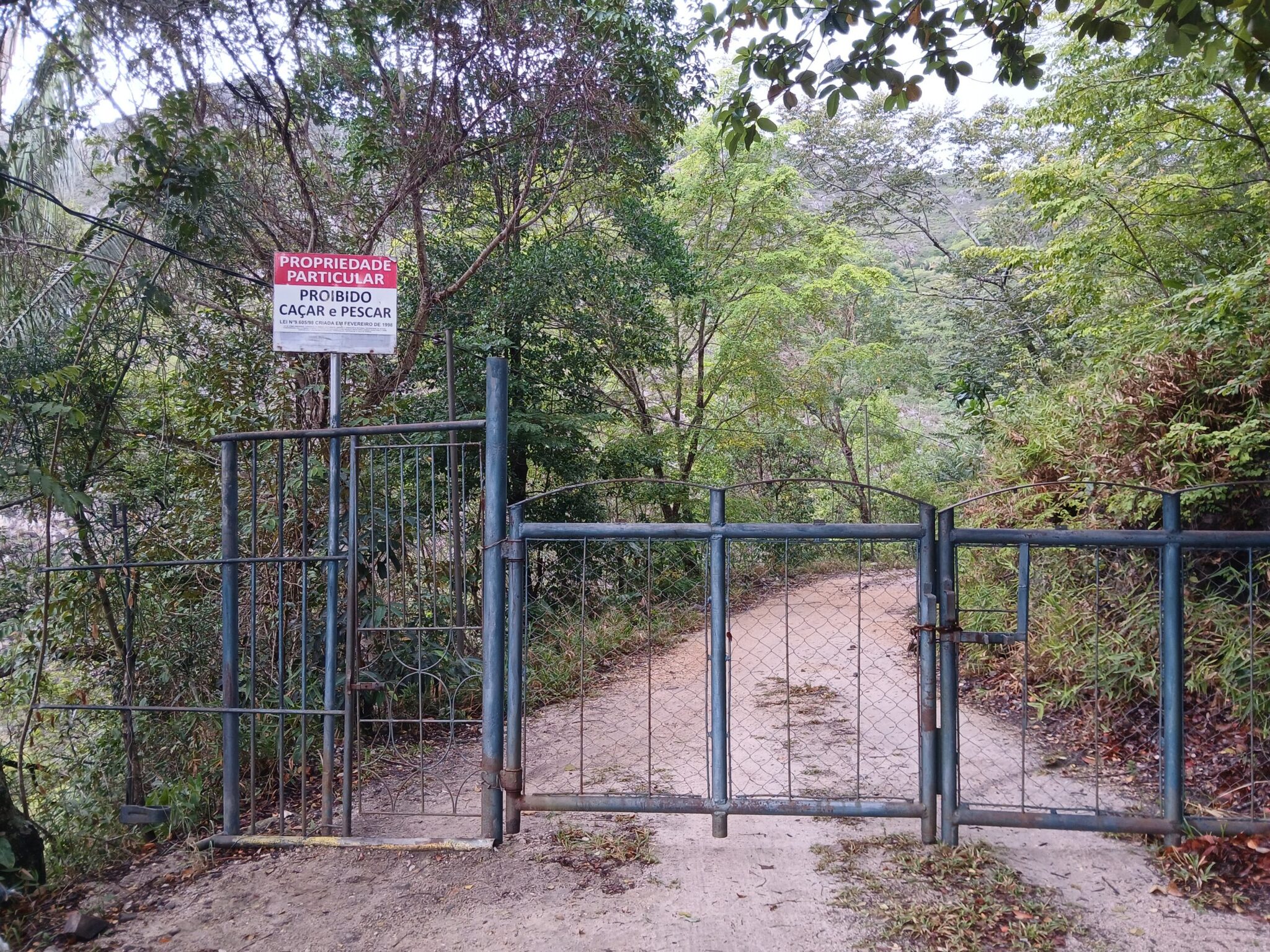
On the other side of the gate the track continued. A small stream ran down a deep gully on one side and a sheer rock face sprang up on the other, dripping with water, ferns growing on its face. The path went down and wound itself around the side of the sub-valley, narrower now, and eventually redder, a change of earth with more iron in it, a characteristic of many parts of Brazil. A green verge and a small opening appeared in the trees. I stopped and thought. Here might be the path up the hill, to the peaks beyond. I reckoned so.
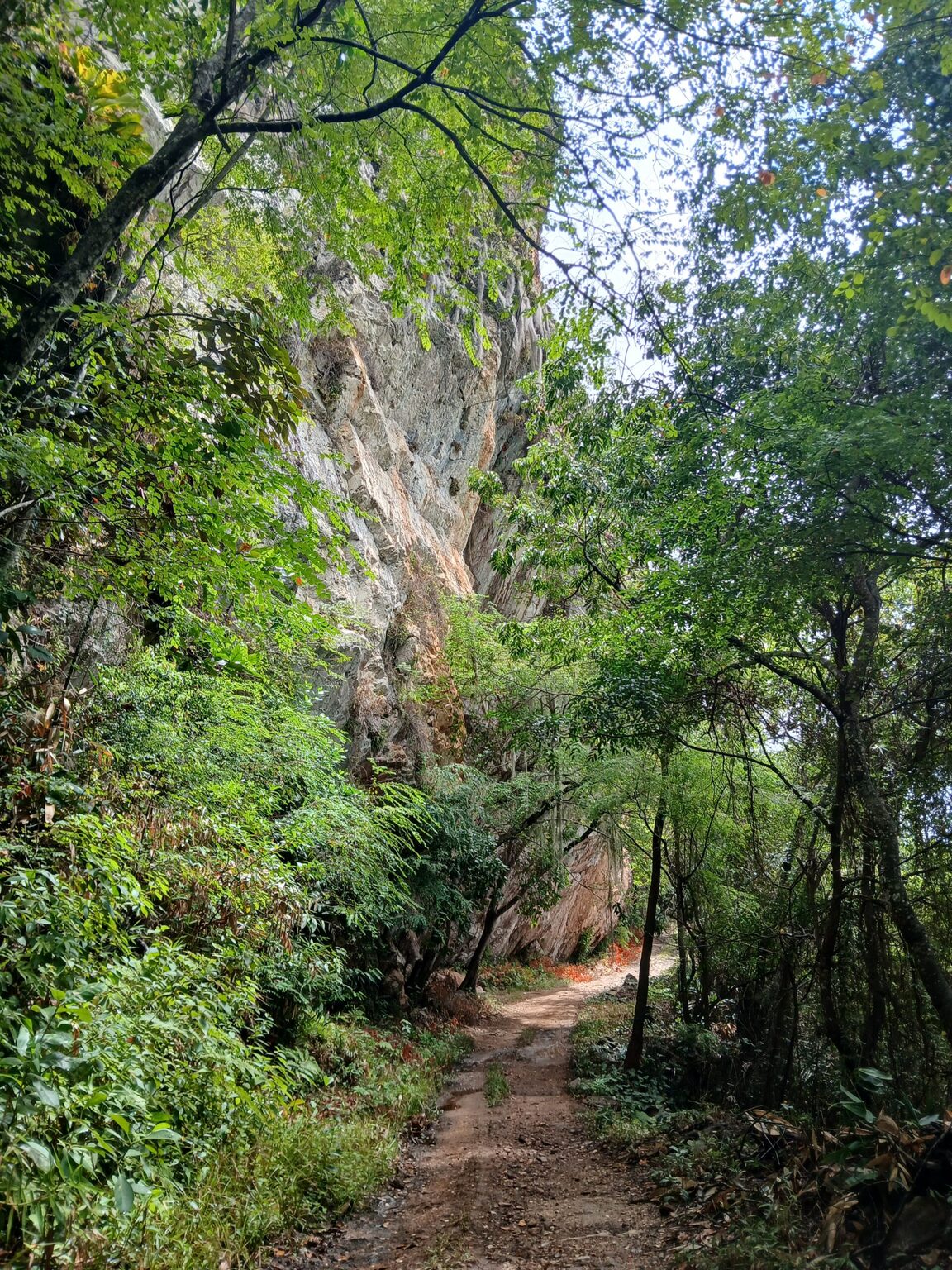
The path down the sub-valley, looking back the way I had just come.
Before that though I continued along my original path, intent on knowing where it ended before I gave it up. It wound it’s way gently upwards towards a smaller peak, a sugar loaf size hill on its side, with a track reaching up beyond the treeline to the top. I stopped. I could hear voices. Noises of cutting and hammering floated down to me, and I could see two or three self-build houses up ahead on both sides of the track. I listened. The respective tenants of these houses were talking to each other while working on their plots. I decided not to go any further. I was on private land after all. The sugar loaf hill would have to wait for another day.
Stepping through the gate had led me into a world that I wasn’t quite sure of. Coming from a country where land has for many centuries become property of one sort and another, firmly demarcated by explicit boundaries and a plethora of laws to enforce them, it was strange and interesting to to encounter a country where things were not so clear. Here, the park was not as large as I had imagined it, yet the landscape was. Apart from the gate on the road the boundaries were unclear. There were no fences. The forest paid no attention to these boundaries anyway, and as yet the animals too. The people busily building their own Eden above had no mains electricity or water supply as far as I could tell. They had a clear running stream and the light of the stars instead. Which was better? How long would it be before others followed these pioneers, the road paved and named, a water supply and a postal address allocated by the powers that be?
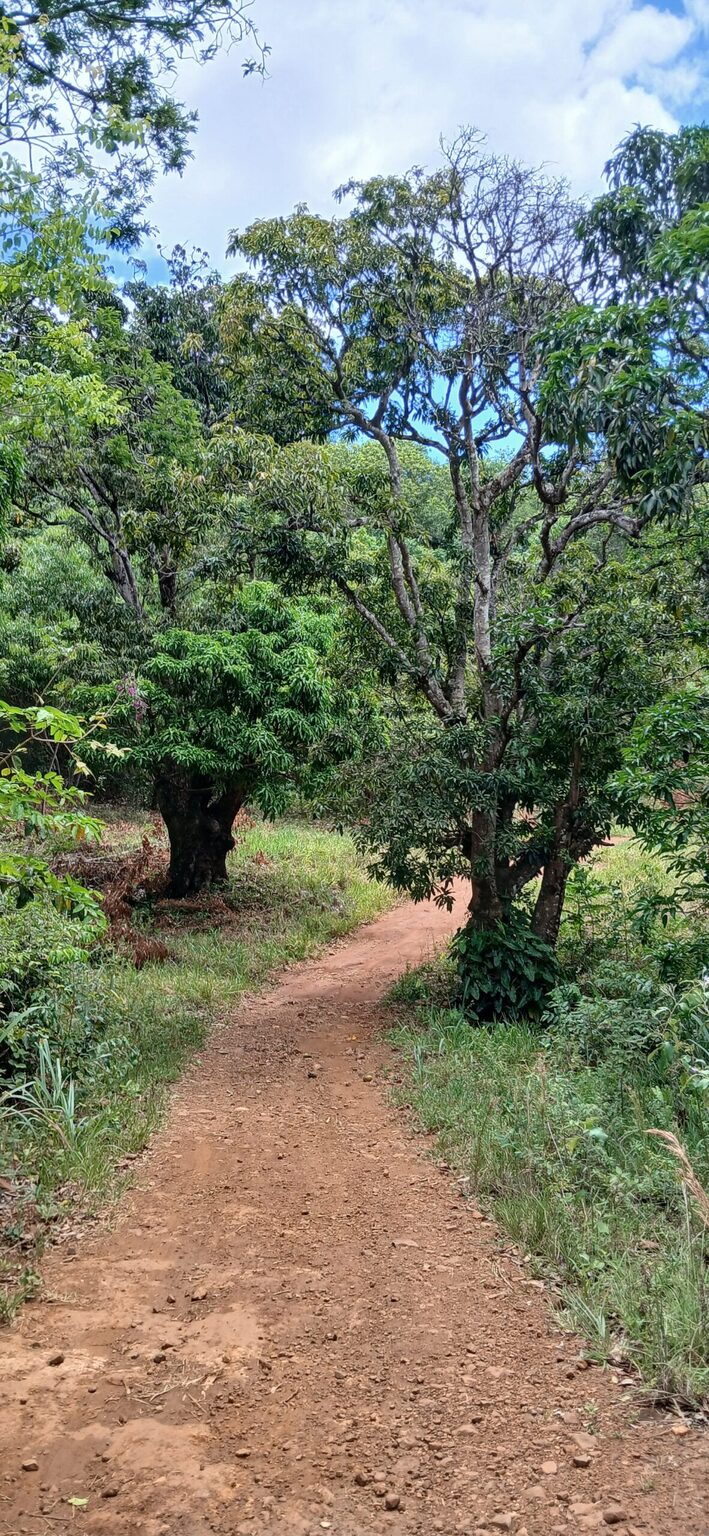
The path further on, redder, with more iron in it.
I retreated and walked back to the other path up the hill, to the summit I was originally seeking, the one I would have been on by now, if only I had remembered to bring with me the key to the little white gate that the locals had asked me for!
Off the main track and under some trees a narrow path sprang up the hill at a steep angle. The earth was brown under my feet peppered with the entrances to the world of the ants, the busybodies of the forest. I prepared myself for a hard climb, more sweat and lots of stops for water. The path twisted upwards, dark brown butterflies with orange wingtips flying in and out of my vision, grasshoppers and birds chirping incessantly in the background. To my surprise the path didn’t take too long. I soon realised I had done most of the hard work on the long way round I had taken. I stopped on some level ground recognising the junction I had arrived at on a previous occasion, meeting the path up from the police guarded entrance I had taken before. Pleased at my navigation skills I stopped for water and listened to the forest around me.
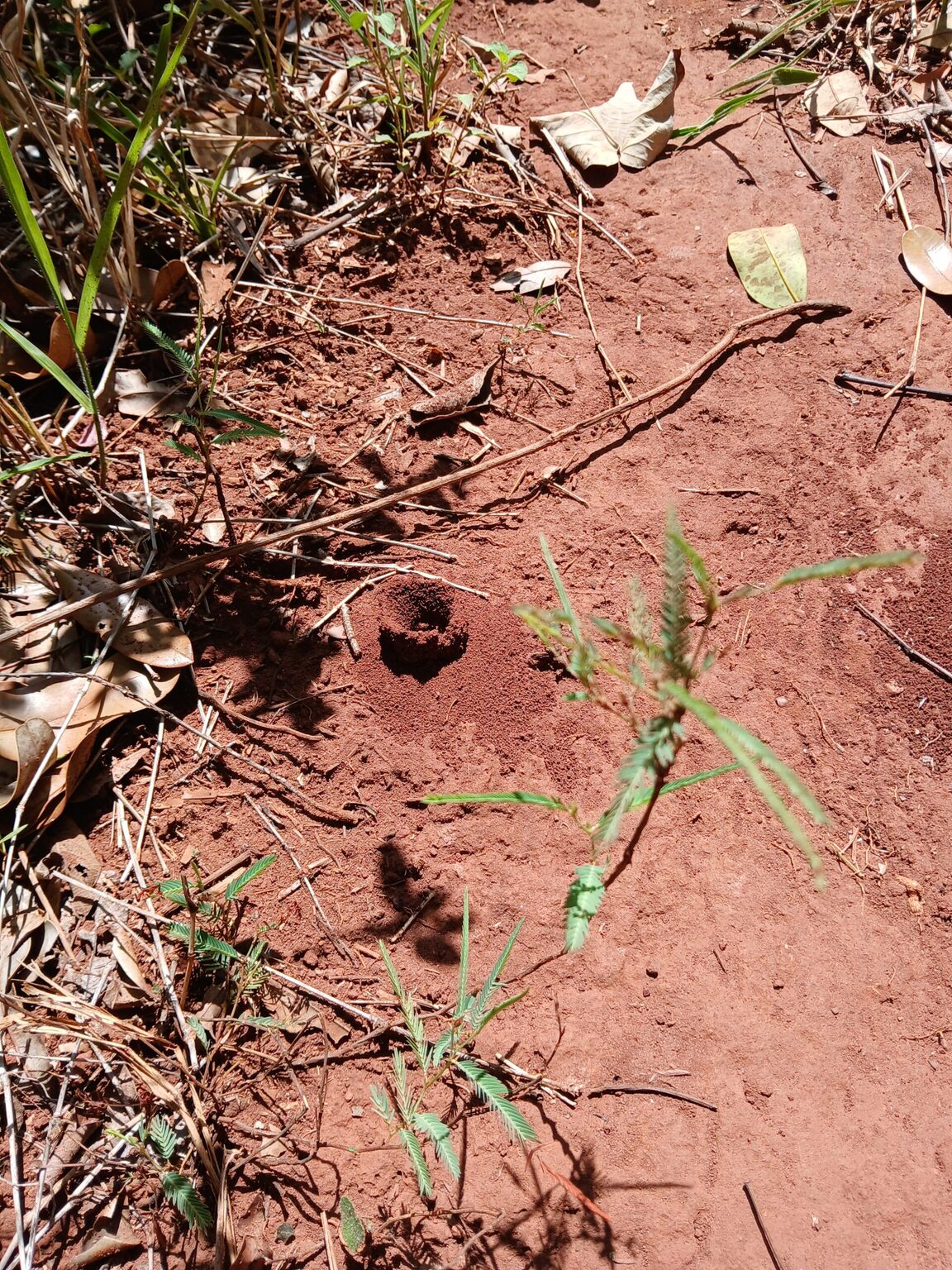
Some birds, curious at my presence, sat in a tree above me, chatting to each other and the forest beyond. The sound of crickets and cicadas rose and fell in various crescendos, the barrage of noise followed by sudden unpredictable silences. The sunlight flickered off the waxy leaves. I looked for snakes, spiders or anything larger, but nothing except the eyes of the forest itself, unspoken, in the dark, green shadows.
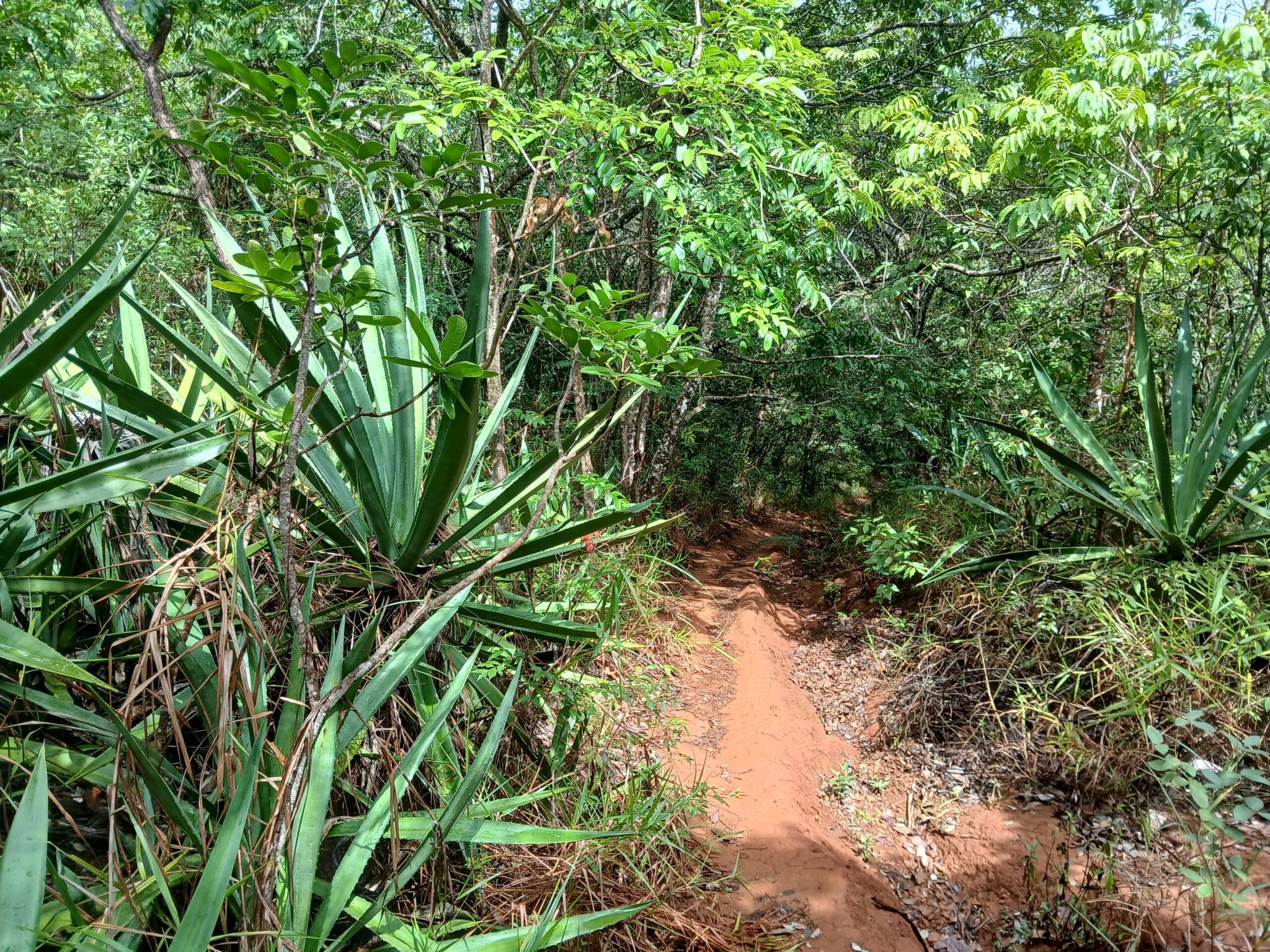
When I turned round however, I saw another sign of human presence planted in the forest. At this junction of paths someone called Valmir had planted his sign, and his phone number conveniently below it. So this, it seemed, was Valmir’s land. I stood and wondered. Had he bought the land or was he just the first to be here? Did he own all the forest beyond, where the new build houses were? The forest stretched up to the mountains. Did he own them too? And what was his phone number for? For information pertaining to the plants and animals that lived herein? Or in case of a lost walker, foreign or otherwise, phone Valmir for help. Or was it to enquire about obtaining a slice of this semi-wilderness, a plot in the forest, a dream that seemed already to have been taken up, by some?
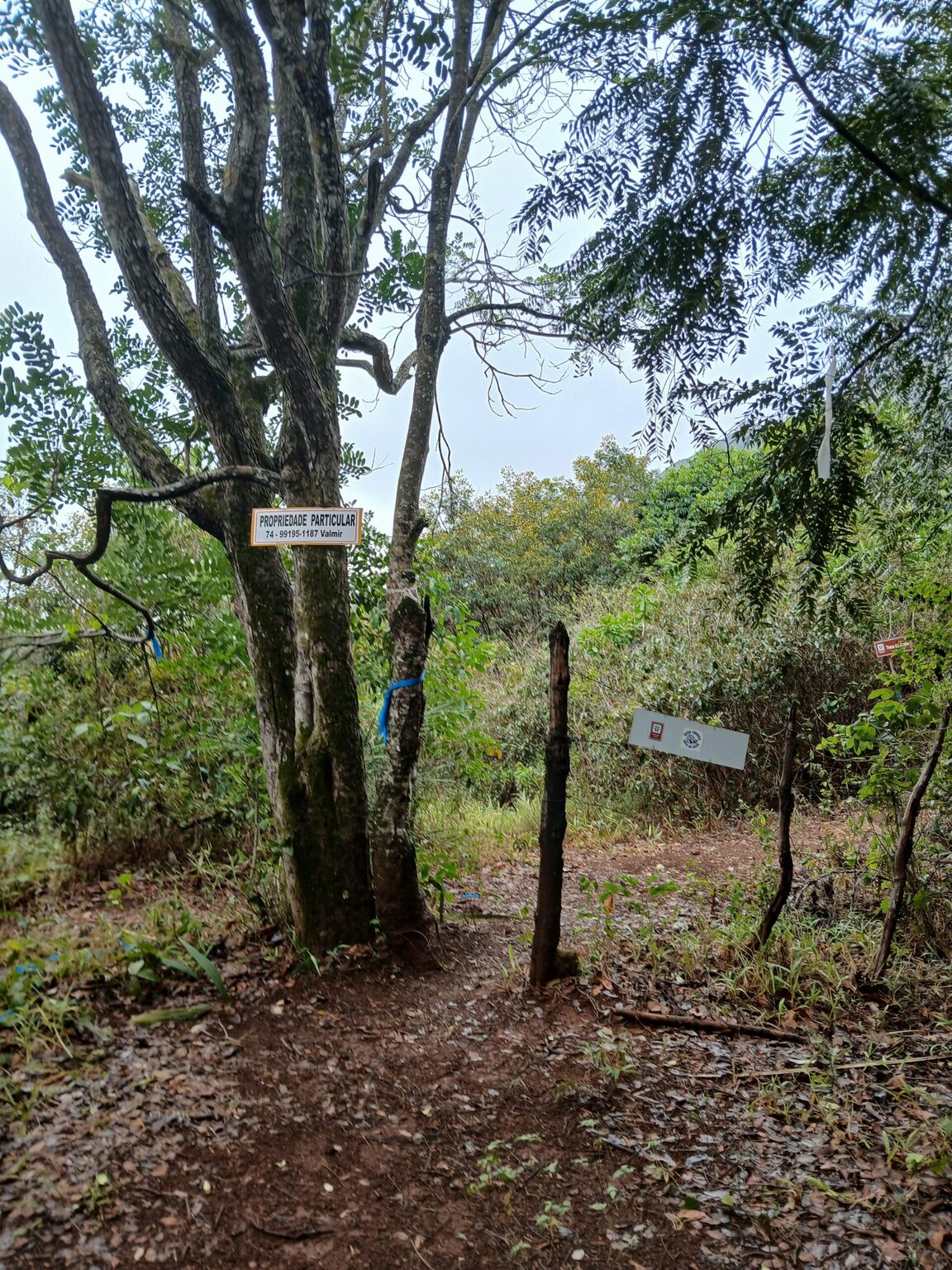
I moved on and started to climb again and the path wove back and forth and got stonier, the trees began to get thinner, gaps and short glimpses of views appeared out over the surrounding chapada. The brown earth disappeared and was replaced by quartz rock and boulders covered in grey lichen, with ground hugging bromeliads and smaller hardy bushes, breaking out between them. Welcome breezes drifted through these openings. Flowers appeared between the rocks and many more butterflies, about six or seven different species, and the first of the little grey rock lizards, scampering in and out of my steps. The lizards paused when I paused and looked at me sideways, nodding their heads as if in agreement with something, my progress, the weather, who knows? Each had a fluorescent green line from the top of its head to the tip of its tail, their grey camouflaging them against the rocks, the green line zig zagging as they moved, the only part of them focusable until they stopped still, suddenly, to look at me sideways again.
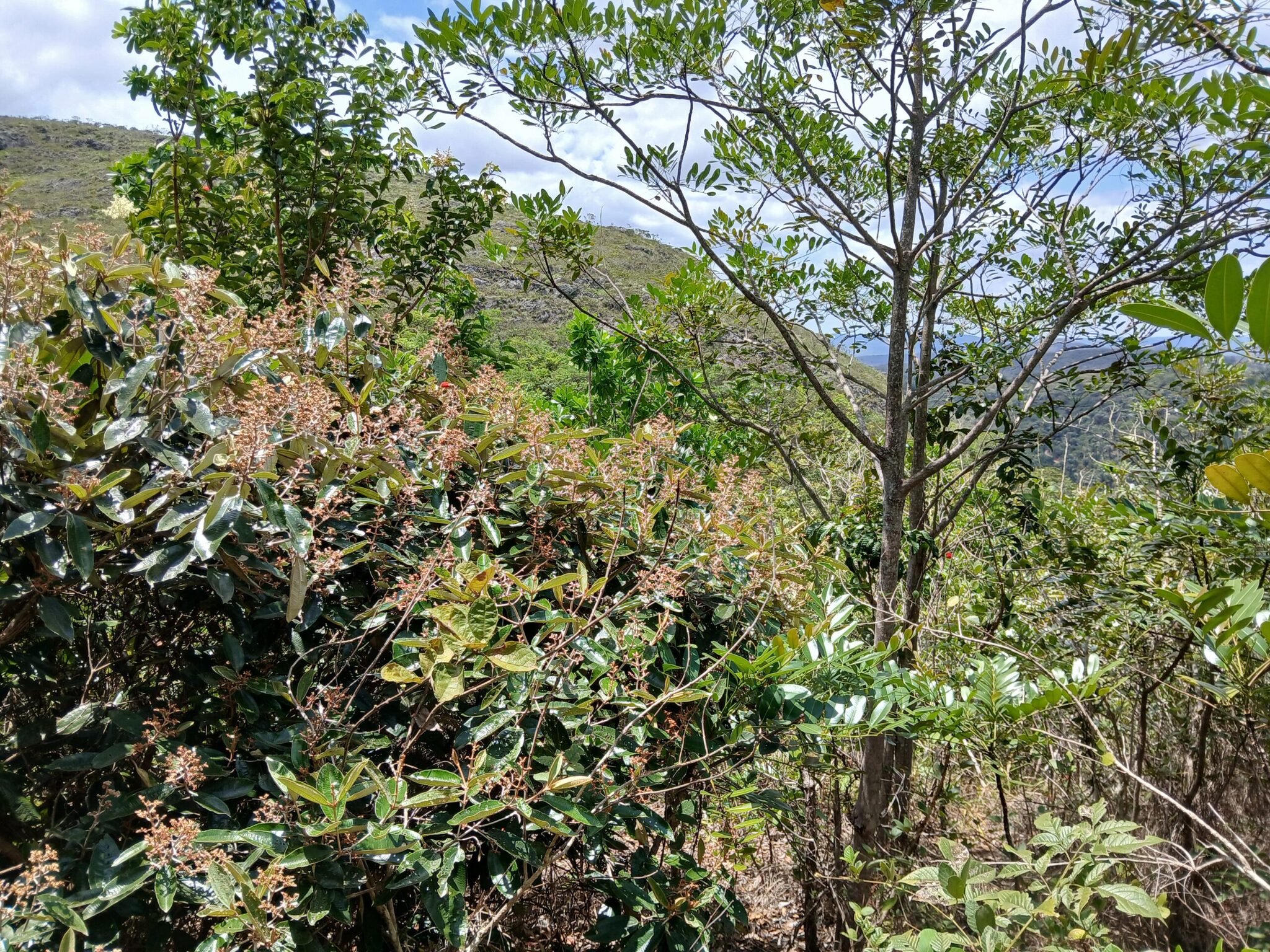
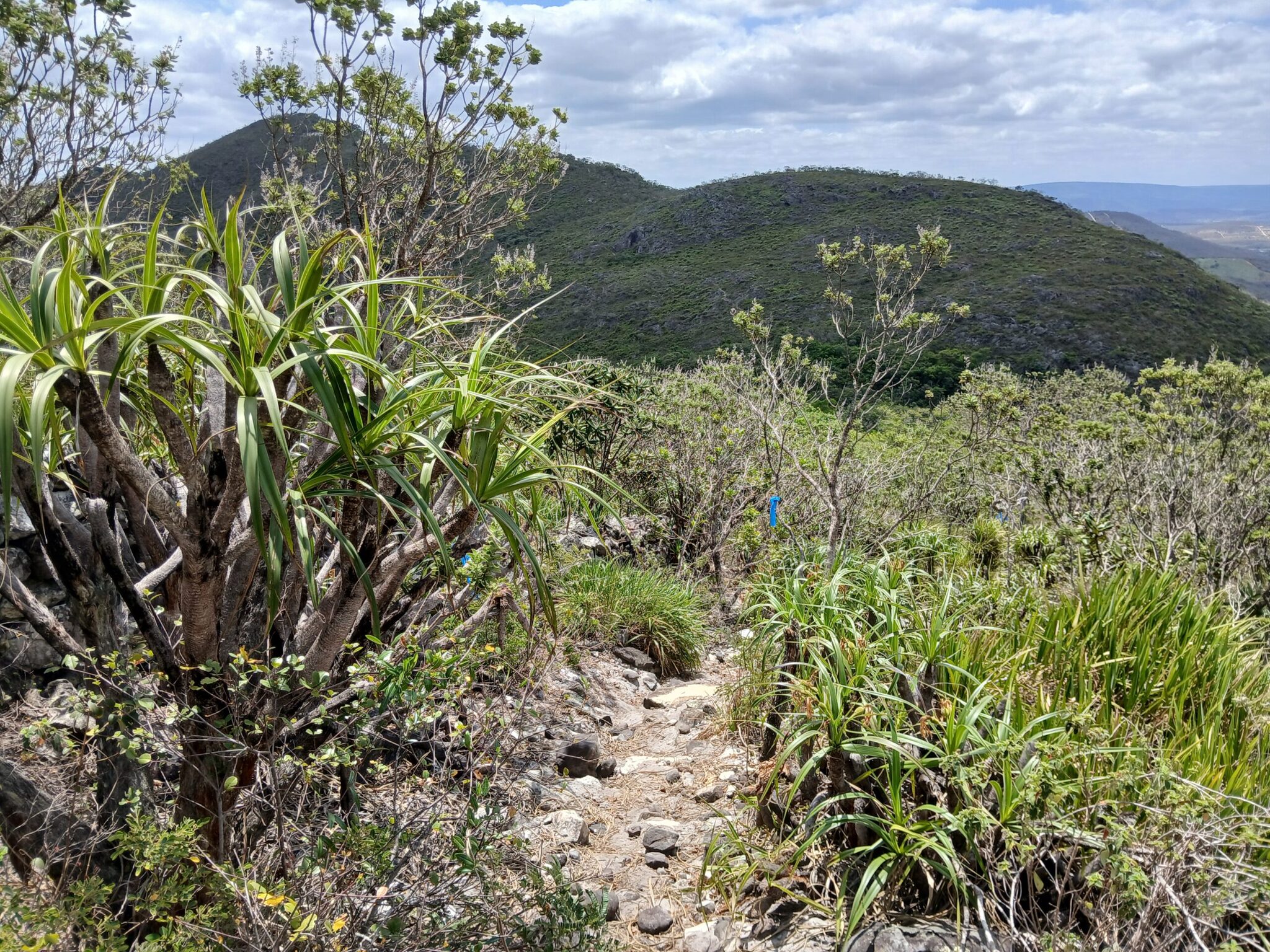
This was the path to the top, though where the top was I wasn’t quite sure. On my previous adventure here I hadn’t got to the final assent, as I had not had enough water with me. A sprightly, older, northern european must be aware of his limitations in these parts, in my case an excuse to stop and admire the many views that were beginning to appear around me.
At the top of the rise however, before I could get out onto the mountain proper, a small wooded area appeared. The path flattened out again, turning a dusty grey and weaving gently from side to side. No sign marks the spot, and at first I went past it. The ground suddenly fell away to my right into a deep sunken area, half hidden by the trees. Intrigued I went back and retraced my steps and found a small sandy path down, some thin trees to hold onto each side for balance. A bird high above me called out as I descended, and at the bottom it widened out into a large open area. The floor was covered with a layer of deep sand, quartz sand, and larger, older trees to the side. I found myself staring at a vertical rock face in front of me, arching and curving upwards like a huge curling wave, and coming down again fifty metres on the other side of the clearing. Underneath the wave, not of water, but of stone, was a cave, a very large, empty cave.
I walked over and stood on the sand as if it were a beach, at the cave’s entrance, and tried to look in. My eyes could not penetrate the deep shadow. As I stepped forward my eyes gradually adjusted and I could see up to the ceiling thirty feet above me and to the back of the cave some twenty or thirty metres away. The rock strata arched above my head, plunging into the sand at the back of the cave as if on it’s way to the centre of the earth.
The air here inside was tepid, stale, the light dimmed, the temperature only slightly cooler than the outside. I turned and faced the way out again and stood in the great arched entrance. There was no wind, no place to sit, but on the floor. A small continuous drip of water came from the rock at the side, but not enough for anyone to live on.They say that once many of us lived in caves. I tried to imagine it here, but could not. There were numerous names etched and scratched on the walls. Someone had left a large piece of chalk on the side for those who wanted to follow. I left my name and the year with the others and climbed back out of the hollow ground. The bird in the tree called out again as I left.
Some weeks after my walk I mentioned my experience of the cave to a local acquaintance. He told me that local history has it that it was once a place of execution, and that some of the original indigenous inhabitants of the area were murdered there. He said that many people visiting the cave have some of the same feelings as I had, and do not like to linger. While I was there, I had the feeling that the names on the wall were bearing witness to something though I was not sure what, and that the oldest of them probably went back a considerable time. The rocks too seemed to be saying something, and the bird calling out. Places have a way of communicating the past to the present, in a way that doesn’t seem rational, older than science, speaking to the majority of the time we have been on this planet.
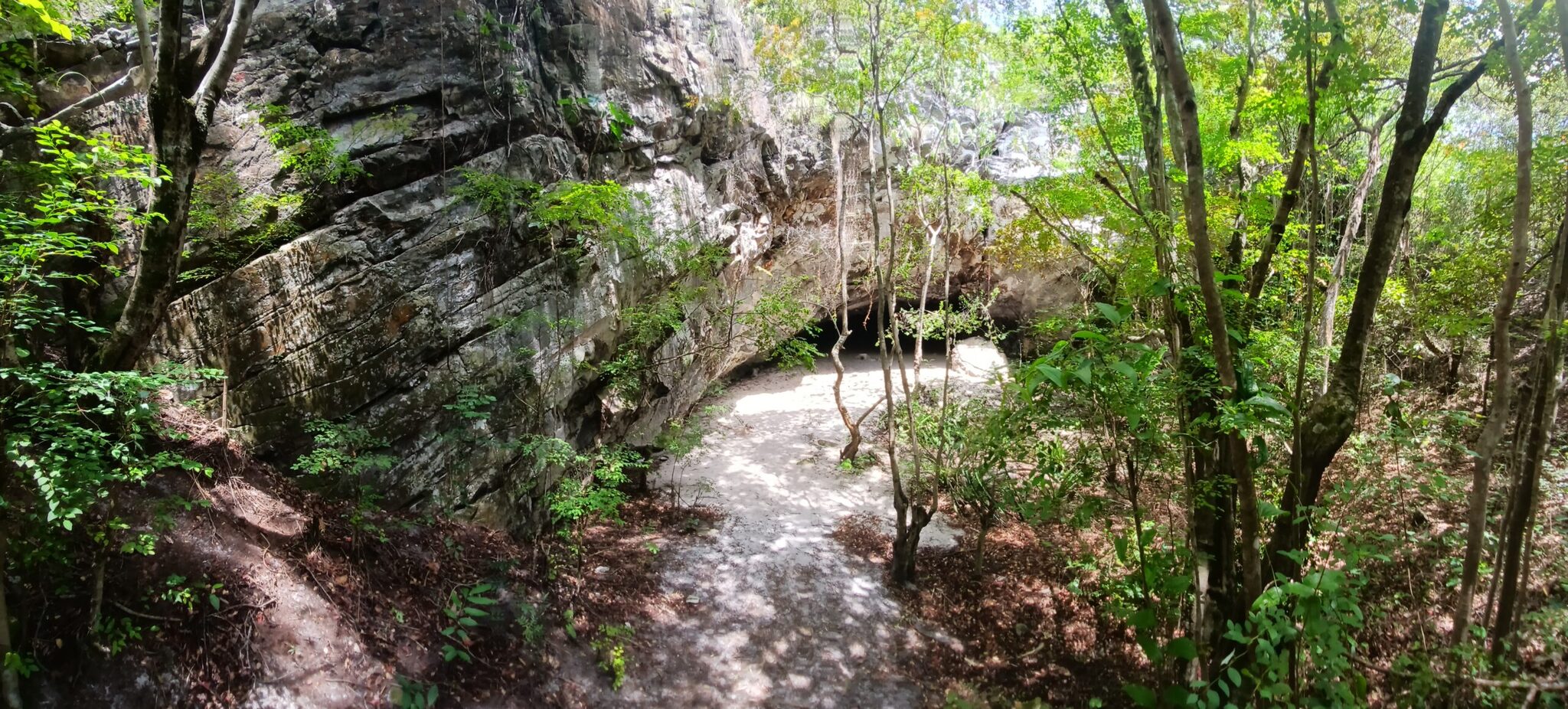
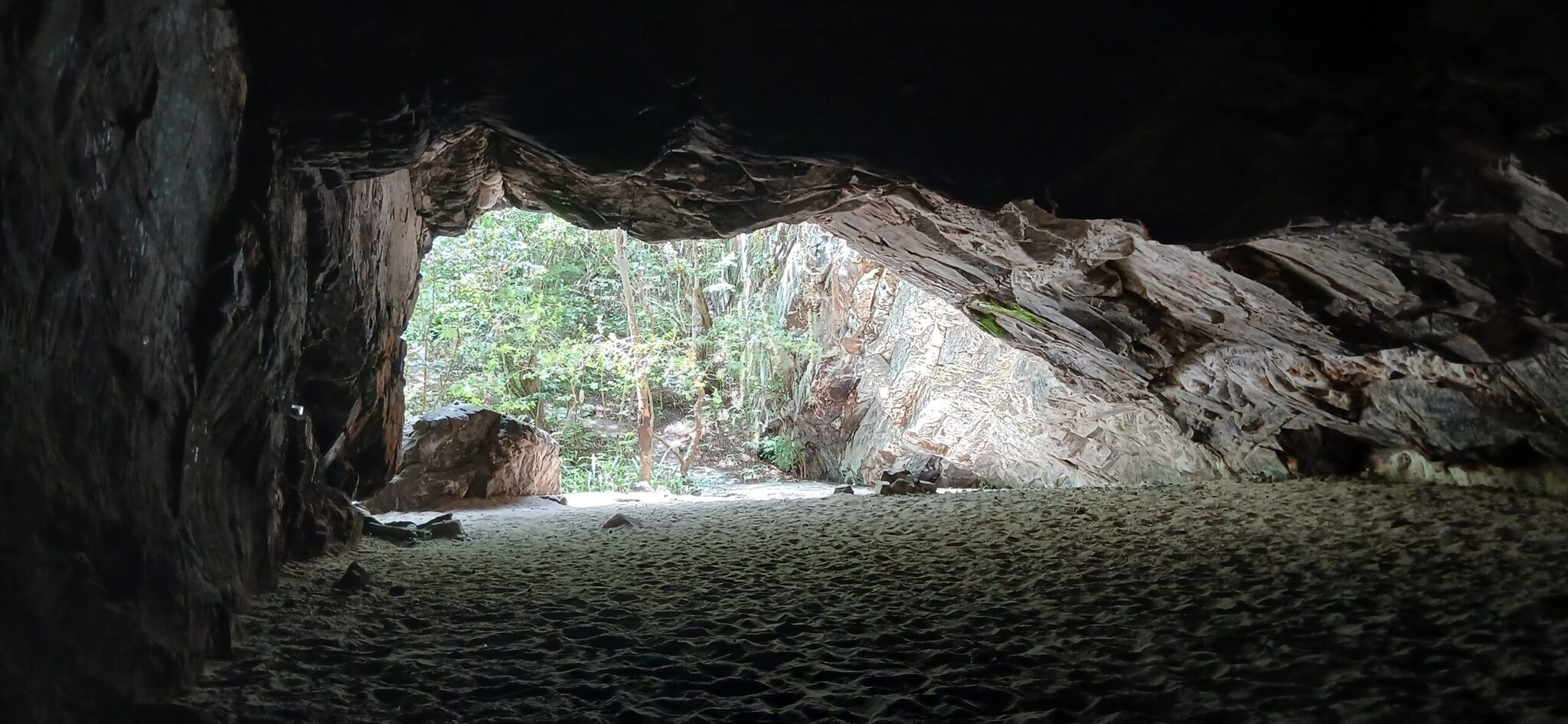
Up above the cave again I continued along the path until it divided. Which way? One way seemed to lead flat, straight ahead into denser trees and a gap in the hill down into the next valley, and so I took the other path to the left which began to climb again. First some steep, rocky steps and then out of the trees and into the open again, the promise of a breeze brushing my face, the sky blue, then bluer, wispy white clouds and the light you only get at the top of a hill, no shade, just plain, clear light. I climbed again, now between stones and boulders, then rocky outcrops, solid stone pavement beneath my feet or quartz sand, boulders cracked and split into impossible shapes as if two giants had, had some argument long ago and had thrown them haphazardly about, crashed and splintered.
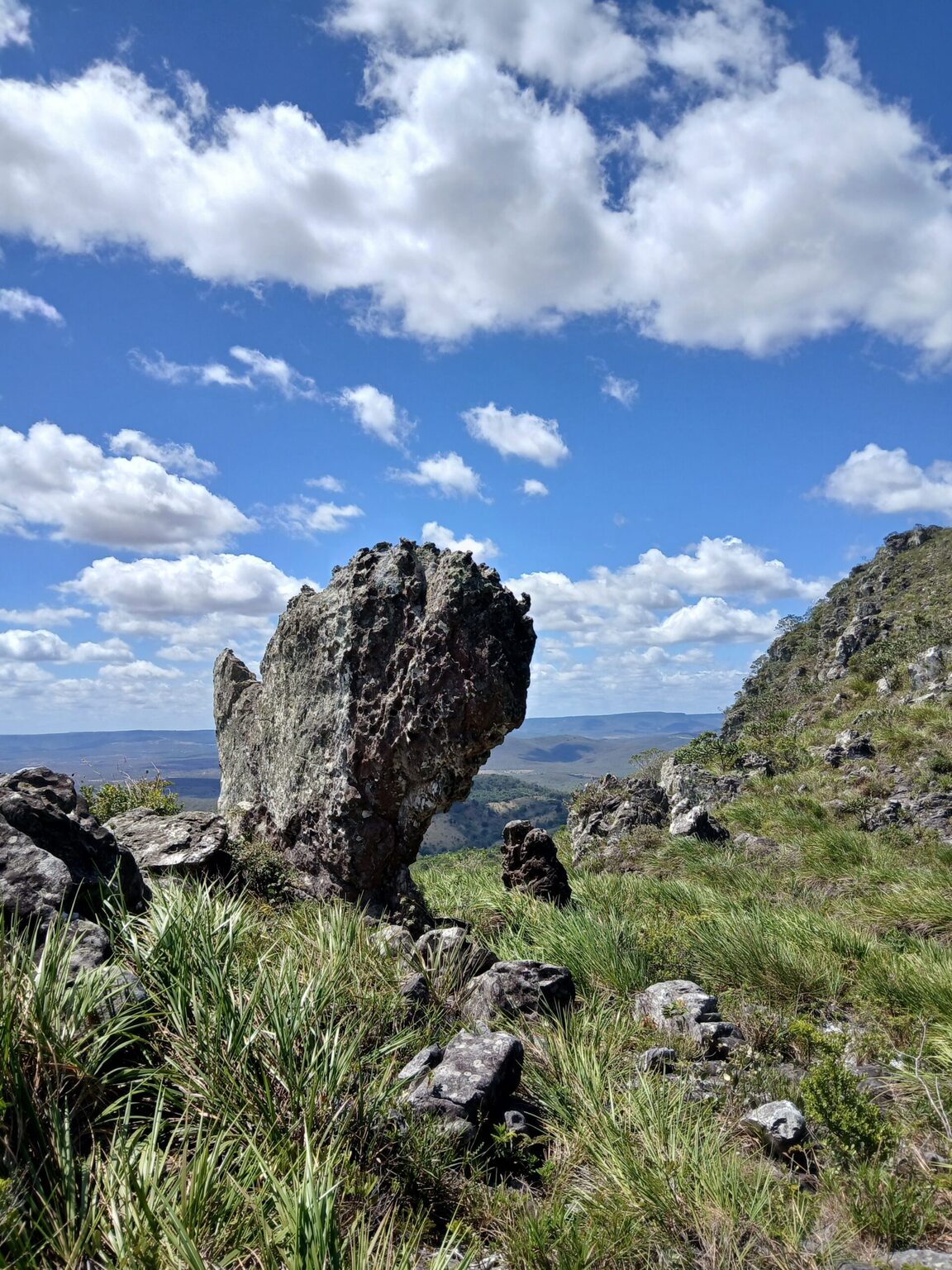
Every few yards a new, grey, green lizard accompanied me, replacing the one before, as if relay, in reality probably just making sure I didn’t stop in his or her territory. Small birds flew between the few low trees and bushes and the odd butterfly fought against the breeze. As I got higher the breeze turned to a steady wind, refreshing, cooling, blowing in my face, the quartz pavement etched with the deep parallel scars of sun and wind, and rain. Between the rocks cacti grew, a mass of thorns, half a metre high, and thick clumps of spiny, leathery grass and various other flowers and plants, documented and undocumented in the northern hemisphere, here, in the hot quartz hills of the Chapada Diamantina, 3000ft up and climbing, in their natural habitat.
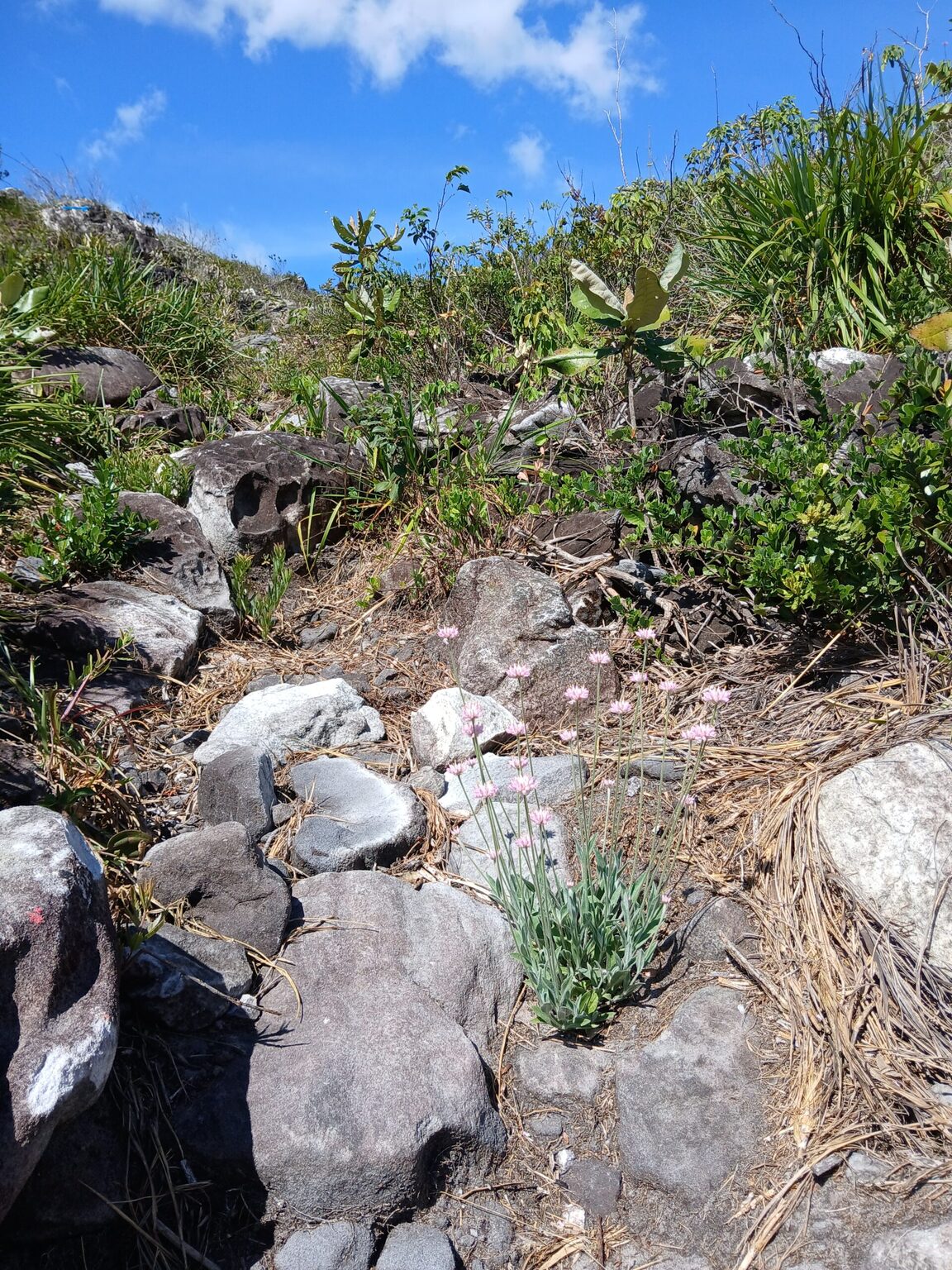
In this tangled landscape there was no natural path, no large animals seemed to be living here to leave their mark, except humans. Several times my dead reckoning had me scrambling over the stones and off into a rocky dead end. Though I saw no one on this and the other ocassion I was here, the human urge to go where no one else had been before had in fact preceeded me. At regular intervals, ribbon like pieces of blue plastic appeared, tied to small trees and bushes, marking a way between the rocks. I am not usually grateful for a display of plastic, and I, at first, fought the urge to take them down, but then realised I would have difficulty finding my way back if I did. It soon became a game, to find the next blue marker to ease my navigation, prevent a twisted ankle, or worse, to stop me careering over the rocks.
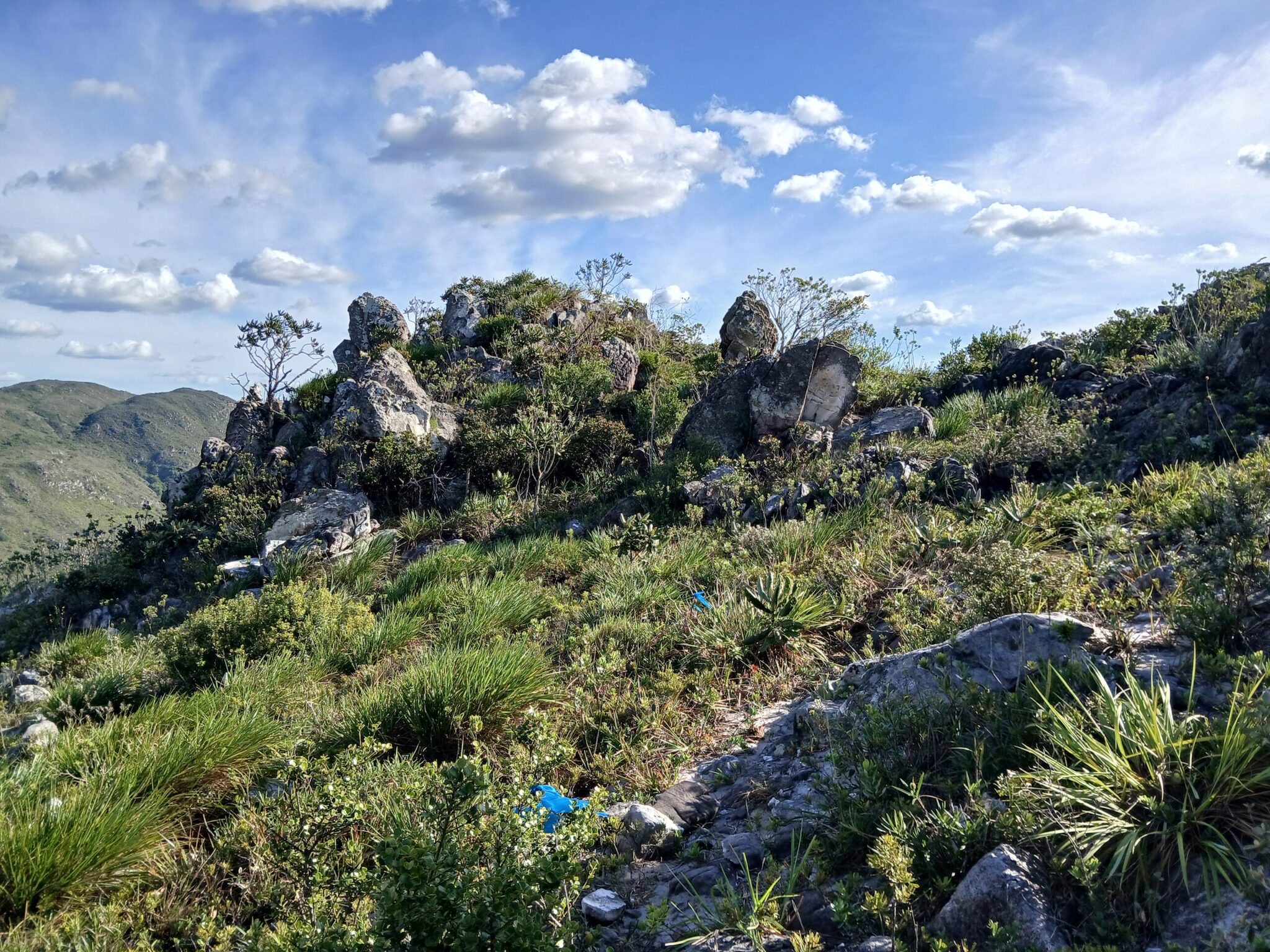
And on a bit, a small sign appeared, tied at a jaunty angle to a bush amongst the rocks. Waiting for me patiently, the summit of the hill could be seen beyond for the first time, yet to be reached. On the sign was a depiction of two peaks with someone on a mountain bike ascending one of them. The words ‘Hard Enduro Rota Do Ouro,” were written in a circle around the drawing. At first, on seeing the sign, I wanted to take it down too, like the ribbons. Then I felt a little flattered. Had I joined an exclusive club, at my age? Then I felt a bit silly, there seemed to be no need for exclusive clubs up here, ‘Hard Enduro’ or not. There were no signs of any mountain bikers having been up here either, the terrain pretty impossible, even for them. The black vultures that circled high above my head, swooped and glided lower over the valley below, in line with my altitude, a reminder that this is still a semi wild place. Stop still for a while and they circle above you, move an arm or a leg and they glide off again, just checking!
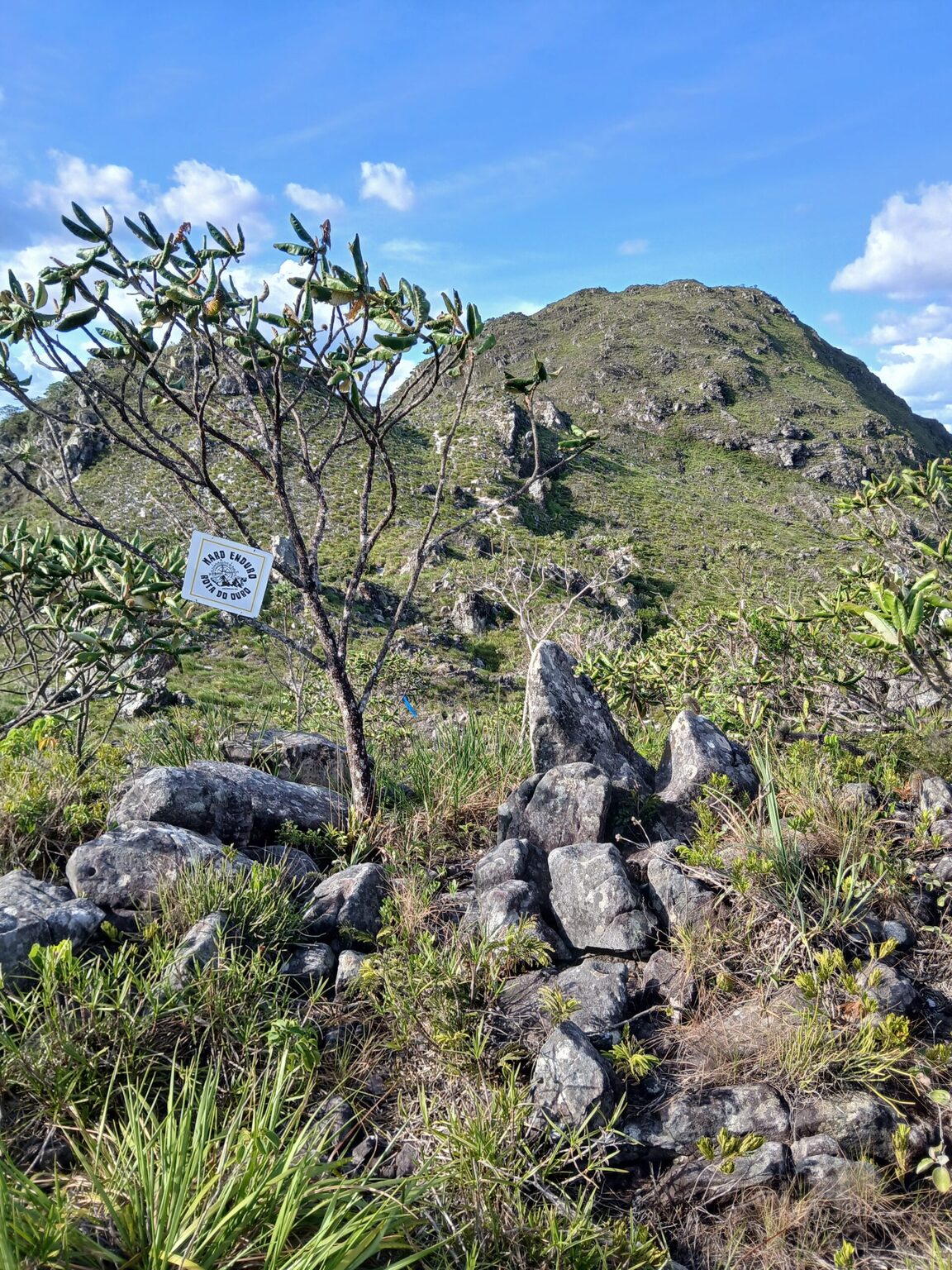
The other words on the sign, ‘Rota do Ouro,’ spoke of another story however. These hills, as their quartz strata suggests, contain many metals and minerals. This route may be of gold, spiritually, but the prospect of gold metal is what attracted the first European migrants to this area. Five miles to the south is a gold mine, one of the biggest in Brazil, owned by the pension companies of the cold, far north of this continent. It provides steady employment to many of the local inhabitants at reasonable wages with good benefits. The mine shafts run right under these hills further south, and the company has exploration rights for the hills here too, underneath my feet. A local friend of mine told me a story of when he used to work at the mine. He was present at a visit of the international directors and owners. A very expensive lunch was flown in for them. He met the general manager of the mine, who had a gold pen with a gold nugget attached to its top, displayed on his desk. A very expensive pen, my friend decided. Standing up here, it was difficult to fathom the sum of monetary value lying under my feet, let alone the human history that had led to its being invested so. I moved on, trying to tread as lightly as I could between the plants and animals that lived and grew on top of it.
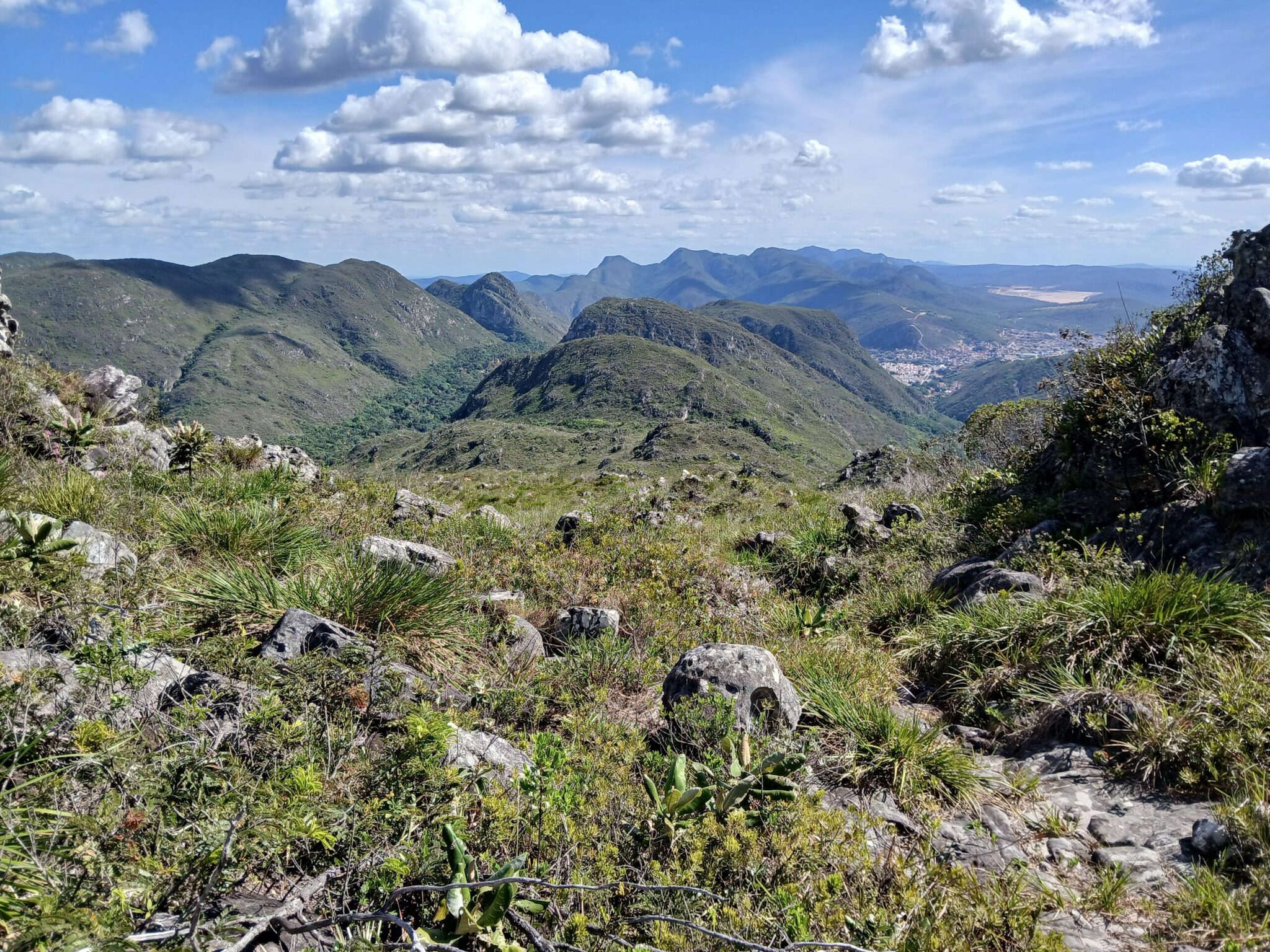
The ‘cordilheira’ looking south with the town of Jacobina, top right and the mine above that.
The higher I climbed, the more spectacular became the views. Now winding my way up another few hundred feet to the top, the hills around me stretched out, a huge ‘cordilheira’ of mountains some 60 miles to the north and another twenty to the south, itself part of a bigger chain of highlands or ‘chapada’. The chain here is composed of three or four parallel ranges each about one mile wide with a smaller width of valley in between each, the whole five to ten miles wide depending on the location. The peaks go above 3000 ft in places, and each valley is forested with deep tropical vegetation. Springs, waterfalls and mountain streams run through each, sometimes with spectacular gorges. Some are remote, others not so much, each valley a little less or a little more inhabited by those who have chosen this lifestyle, whether poor or more middle class, off grid or on, depending how near they are to the little villages and towns either side of the chapada, themselves pretty remote in the scale of things, here in Bahia.
It is impossible to see from one end of the cordilheira to the other, in this spot maybe five to ten miles north and south. To the east the landscape stretches back toward the coast, some two hundred miles away, beyond sight, the flatlands of the arid sertão appearing vague and blue and misty, strange lumps sticking up on the horizon where large hills suddenly arise in the middle of the backlands, like huge termite nests built by the termite nest god. To the west more sertão, but more hilly, stretching some ten miles to the escarpment of the Serra de Tombador, itself 50 miles long running parallel to this set of hills, and beyond that another 100 miles of the same dry country to the banks of the Sao Francisco river, the second longest in Brazil. In all of it, remoteness, odd farms and villages, dusty un-tarmacked roads, marks in the hills in light green and grey of tentative fields cleared in the caatinga, the odd spiral of smoke drifting up in places where more brush was being cleared.
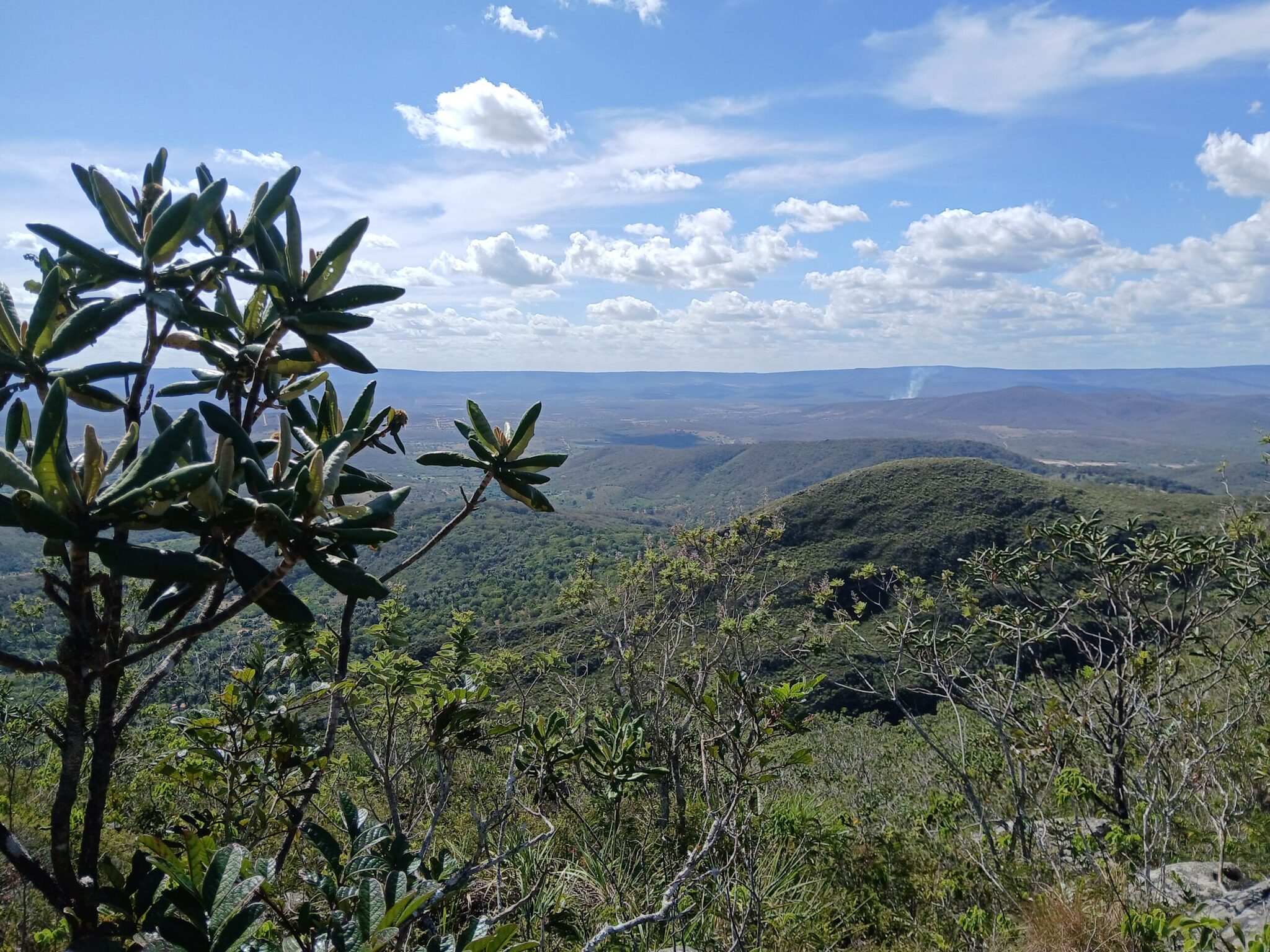
The wind blew in my face, cooling me, the clouds above a procession of white sheets on a washing line, marching across the sky. I climbed on past some more rugged outcrops and came to a large level ground which seemed to be on top of the world, with scattered rocks and clumps of coarse grass, cacti and orange amaryllis. Here was my peak, as high as I was going to get today. I found a suitably comfortable outcrop of rock and sand and sat down for a well earned rest. I drank some water, juice and ate my sandwiches, biscuits and fruit. It was 2.30pm and somewhere far away were villages and towns and cities, and rivers and coasts and seas and other countries and time zones, and people enjoying Christmas dinner or sleeping it off, or thinking they had better go out for a walk to get some air. Somewhere in the Pacific Ocean it wasn’t even Christmas anymore, whilst somewhere else it had only just begun and in many places it had never been Christmas at all and never would be. The faraway horizon stretched 360° around me. Somewhere along that line I thought I could see the curvature of the planet we live on, though it may have been the lenses of my glasses, the astigmatism I have in one of my eyes. I sat there for a while and thought I could see the earth slowly turning, but maybe it was just the clouds passing above me, the sound of the wind.
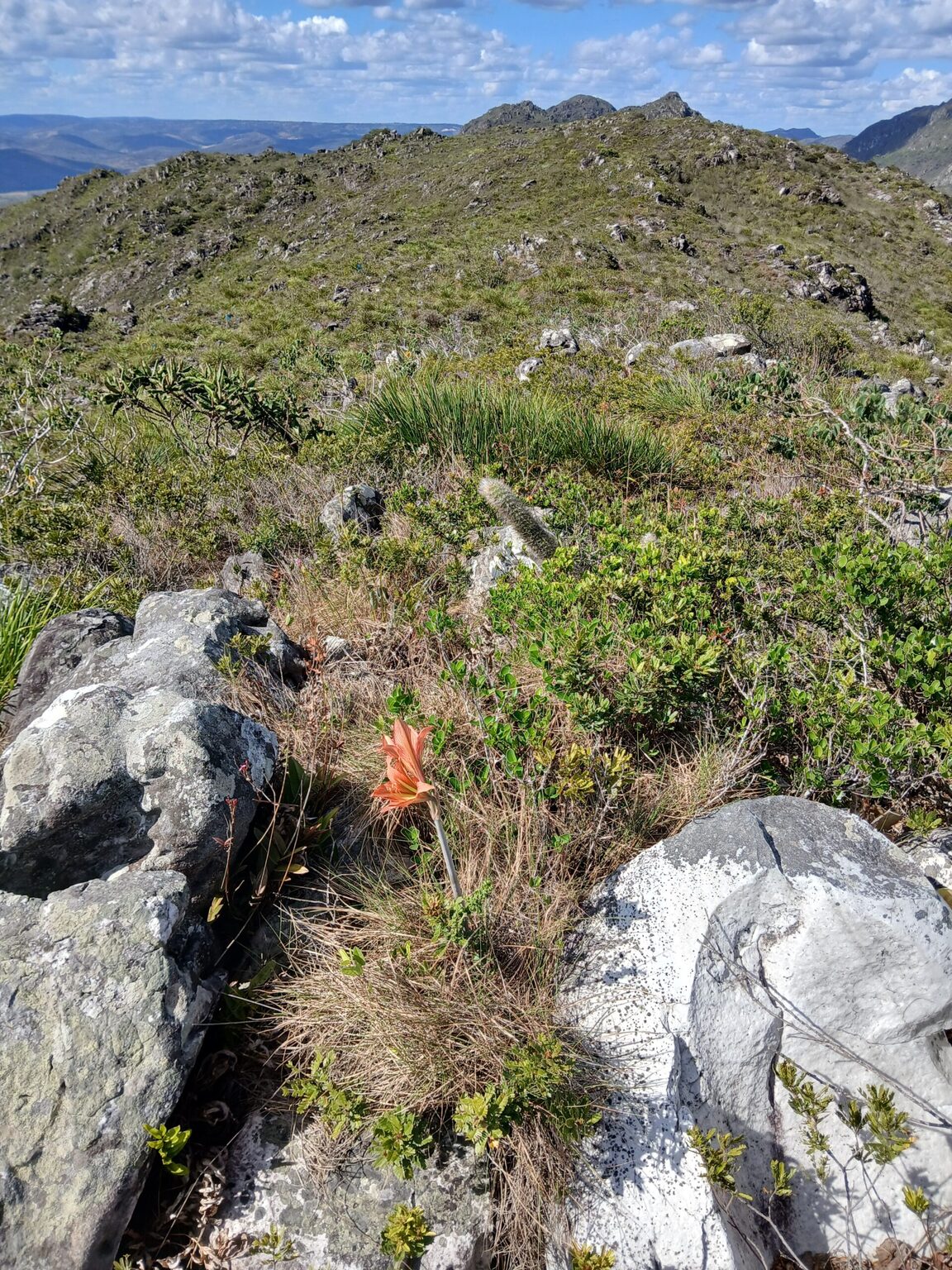
On top of this part of the world. Orange amaryllis and cactus at a jaunty angle.

